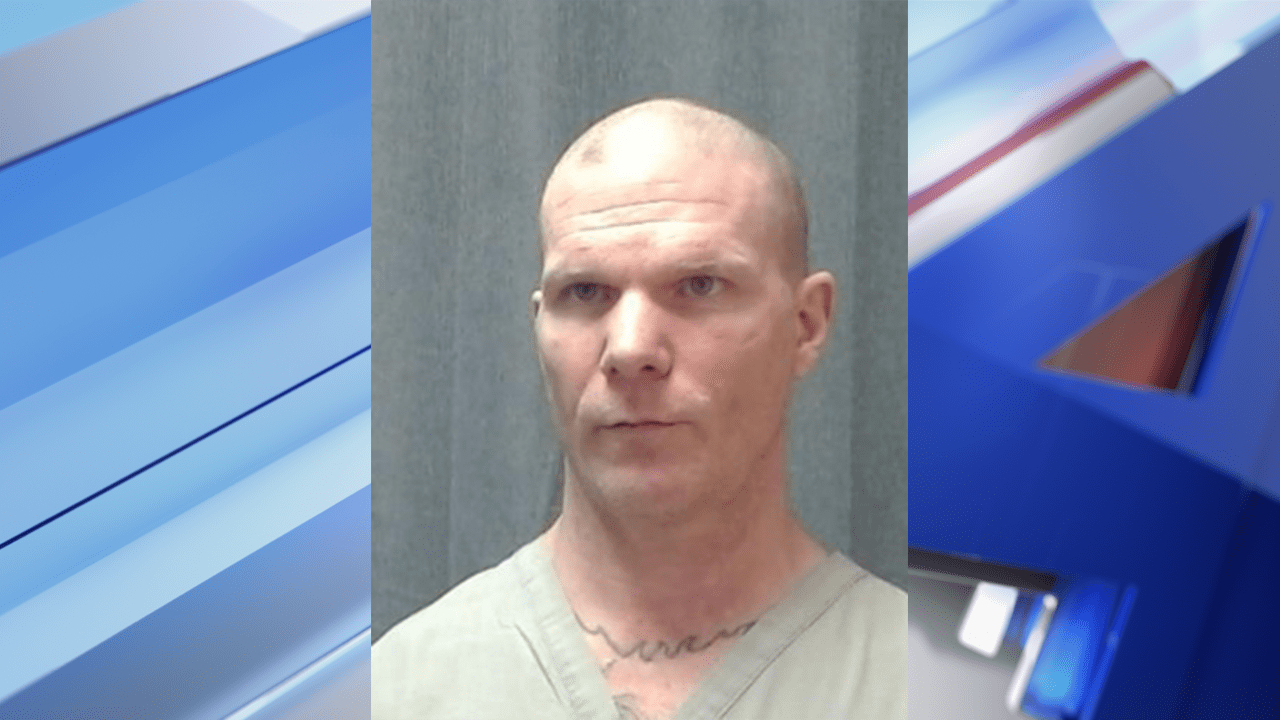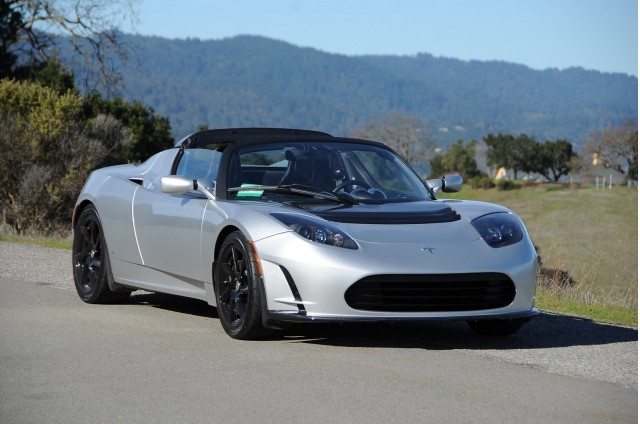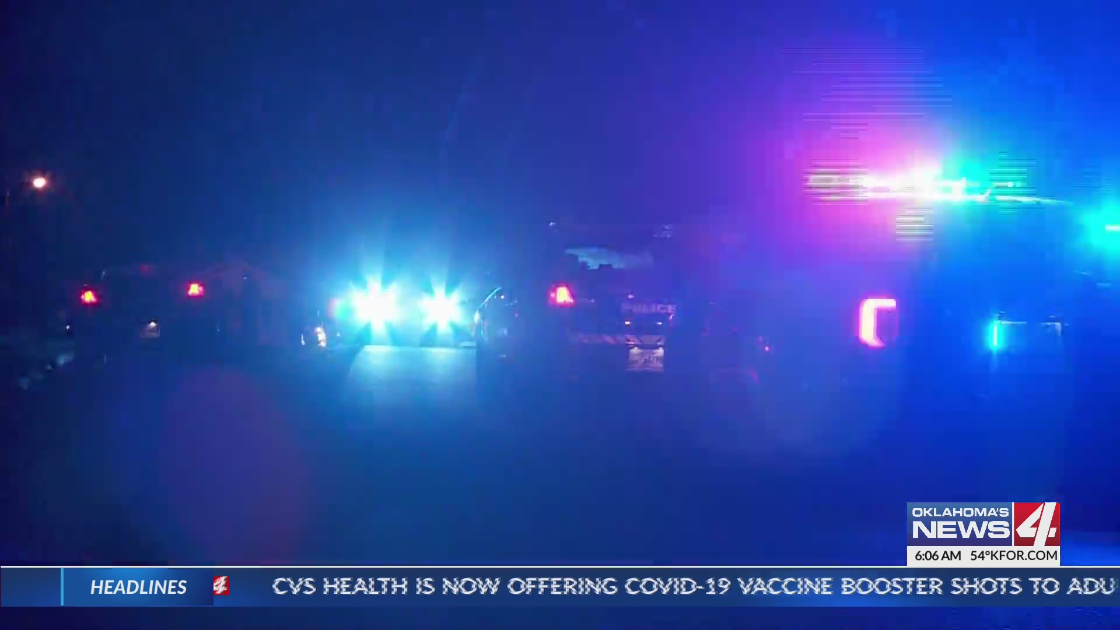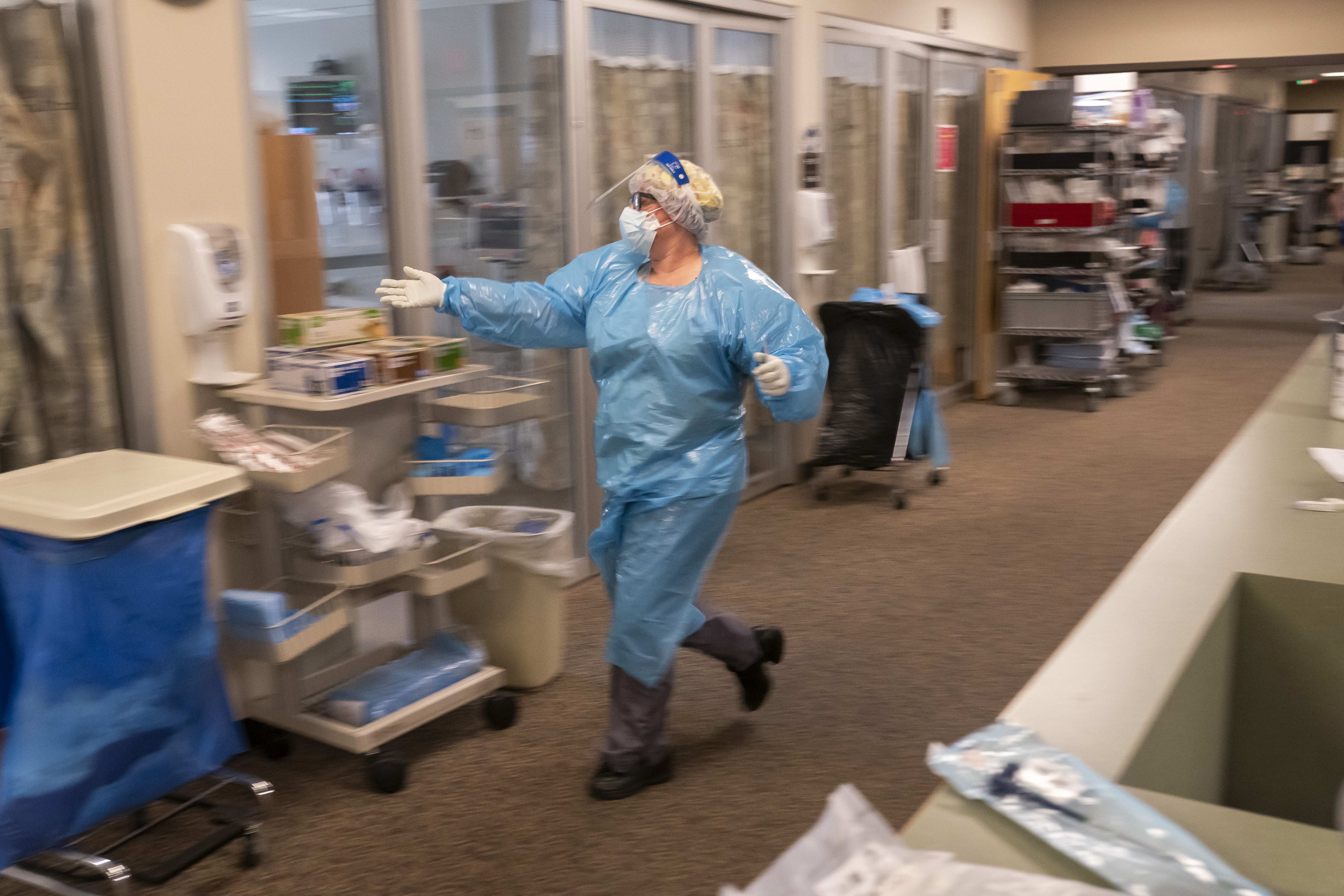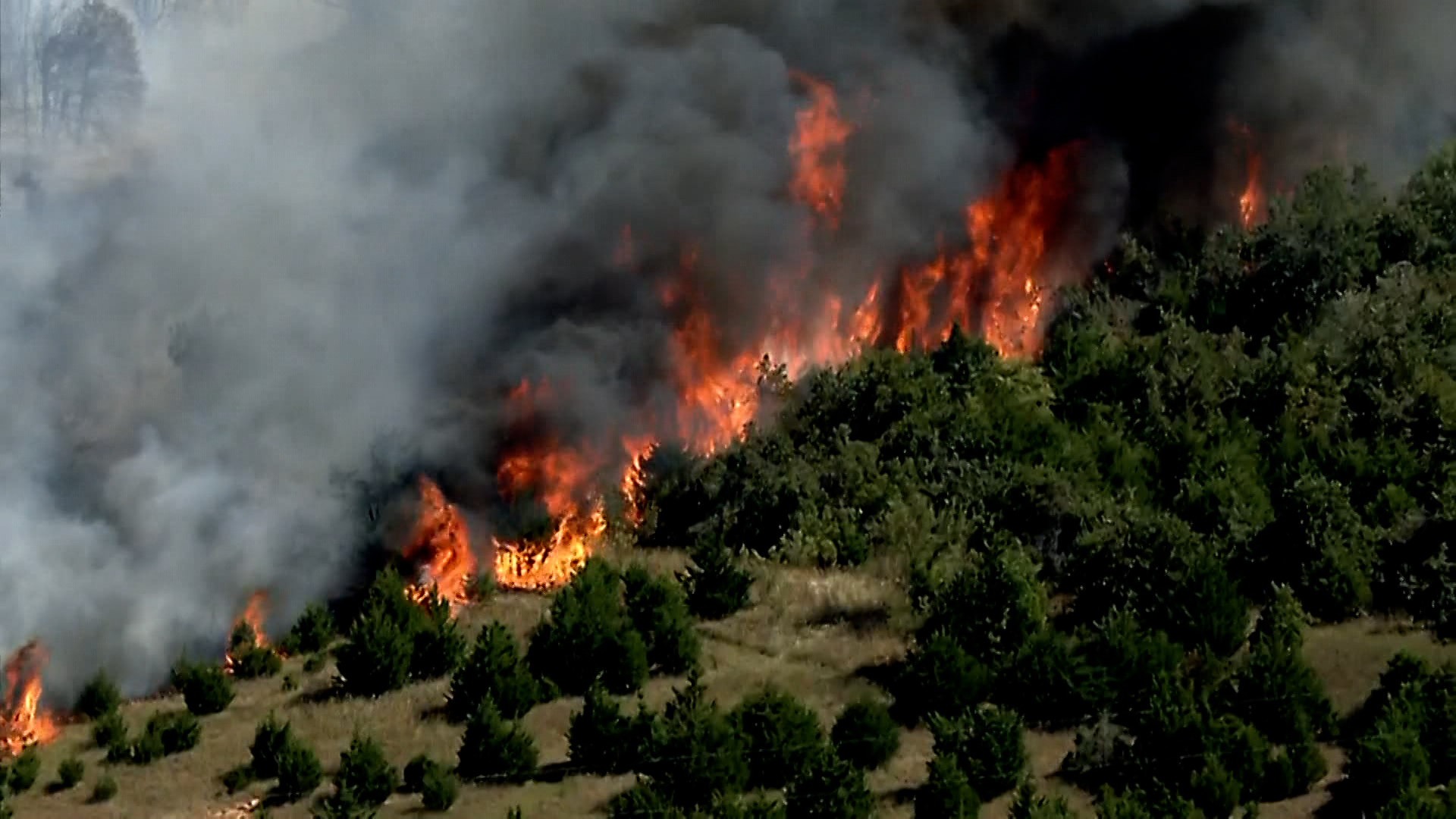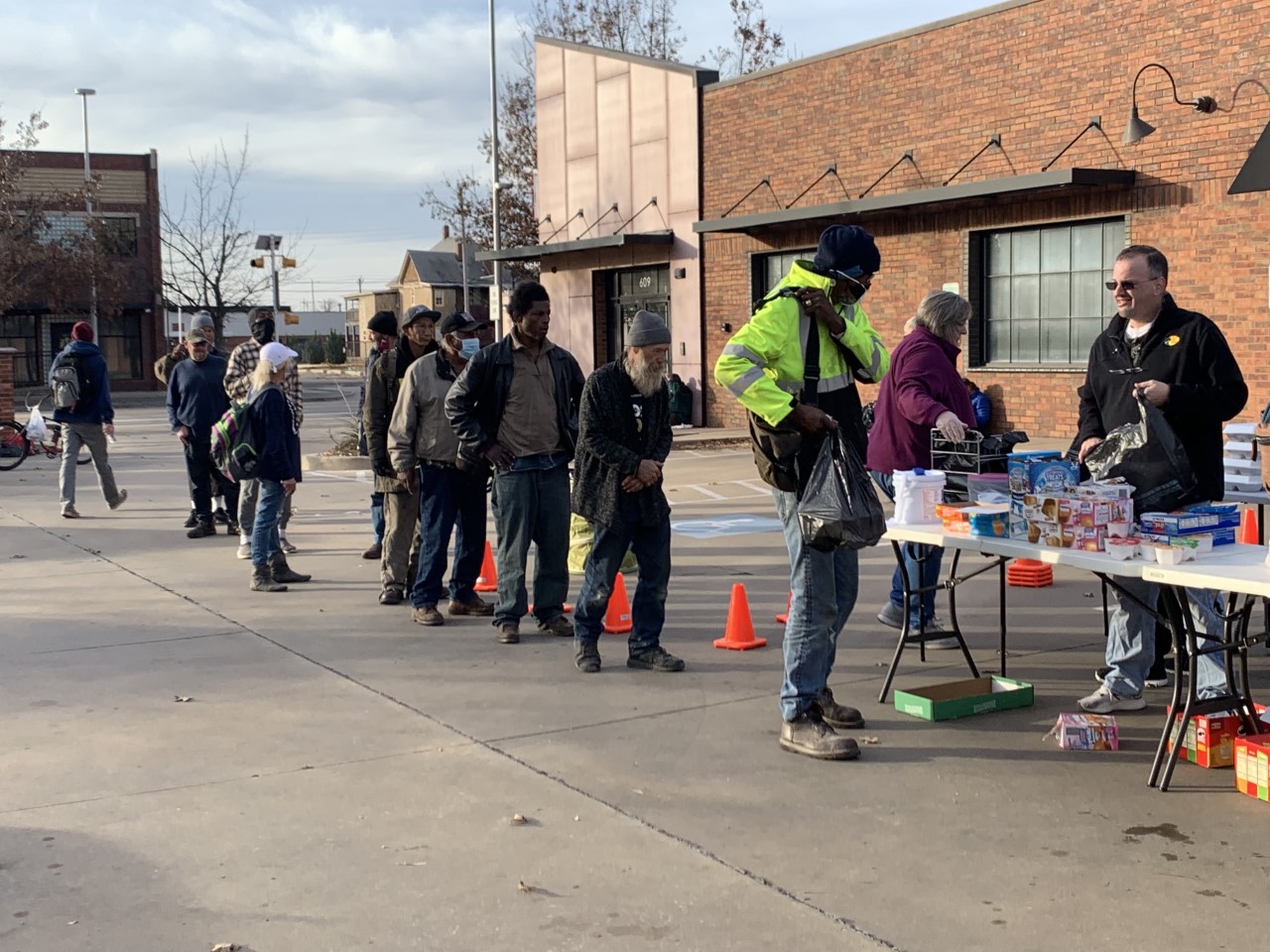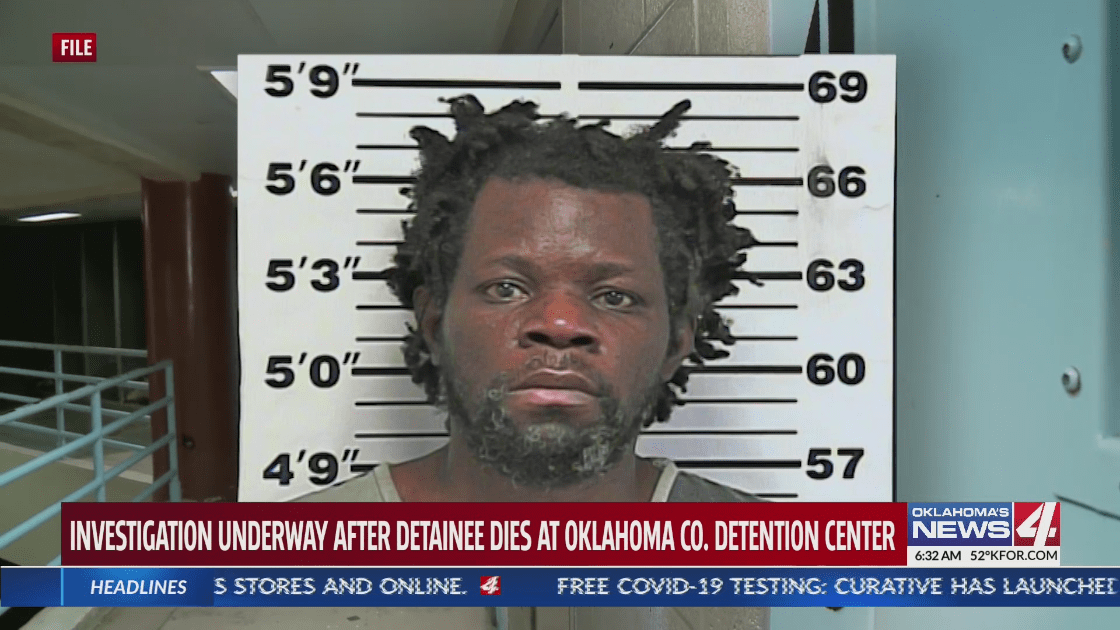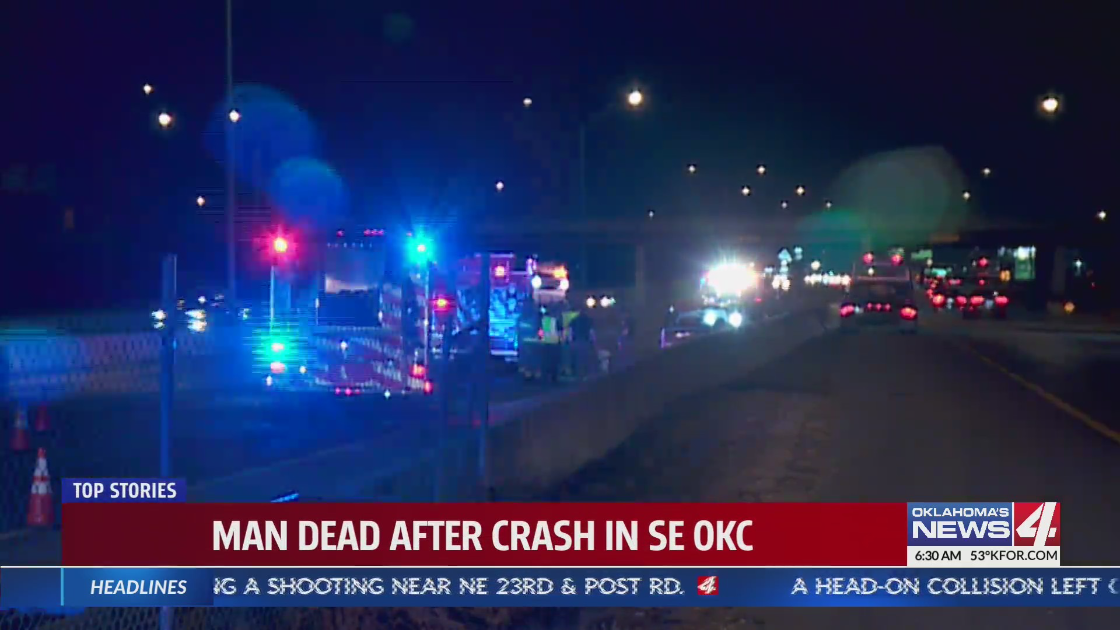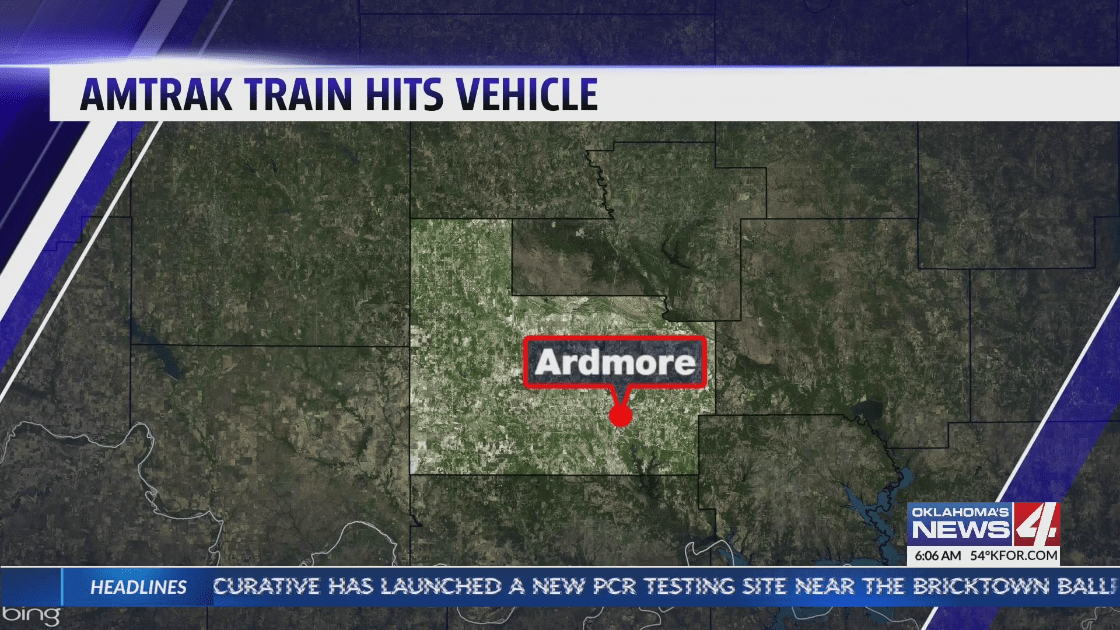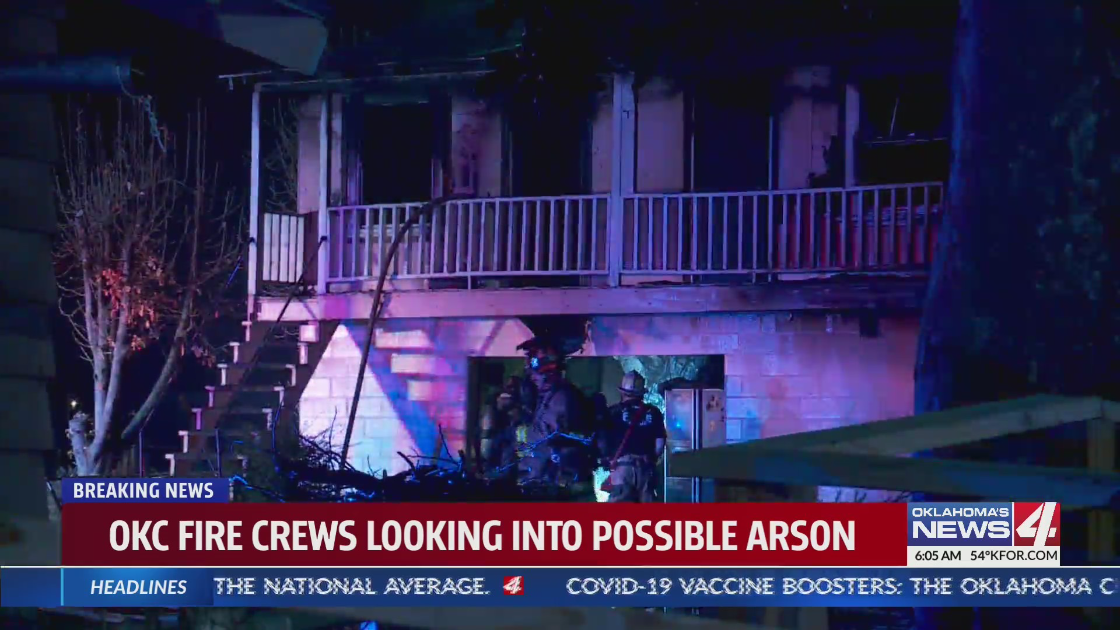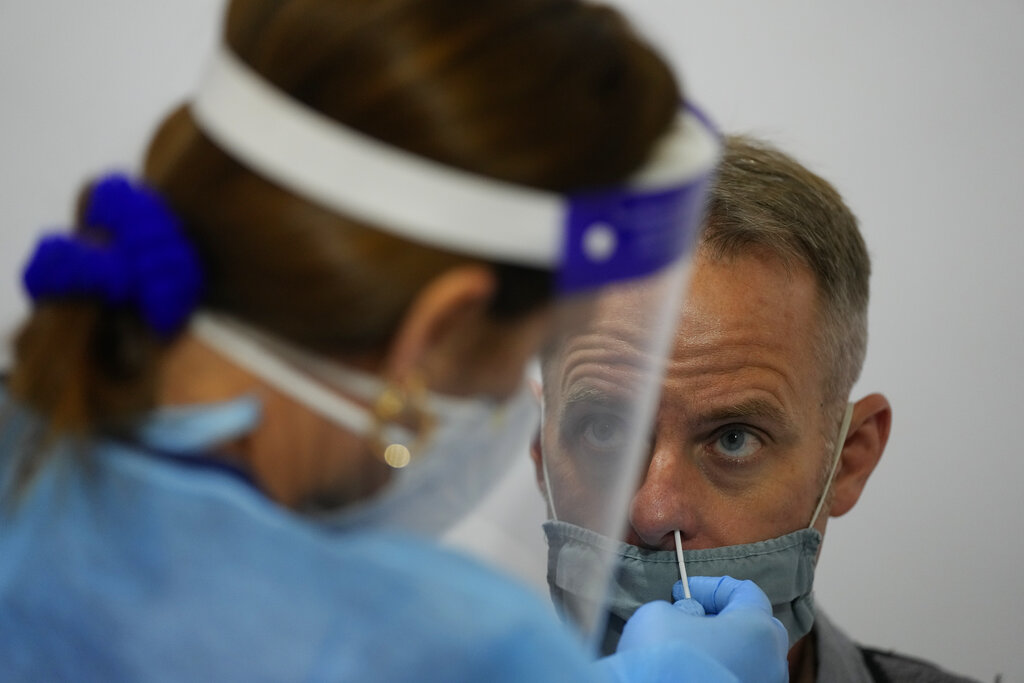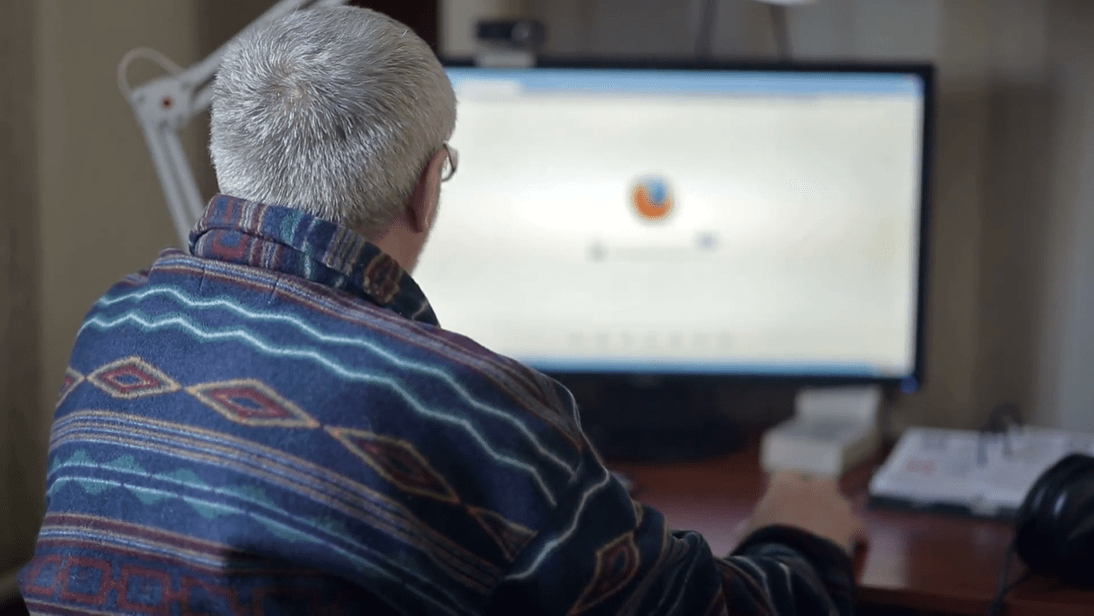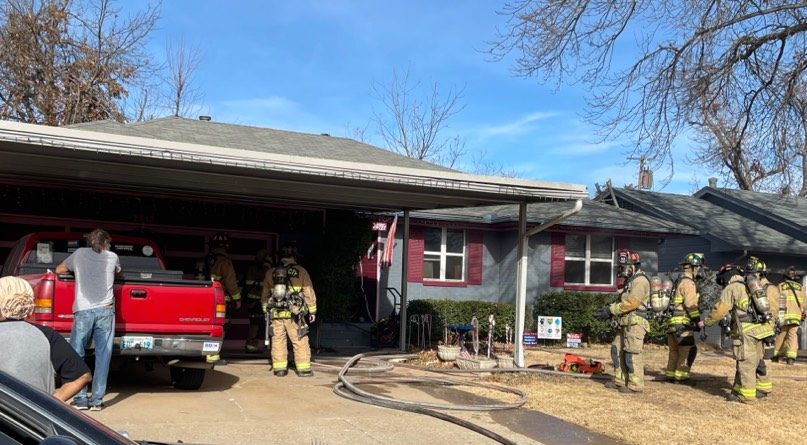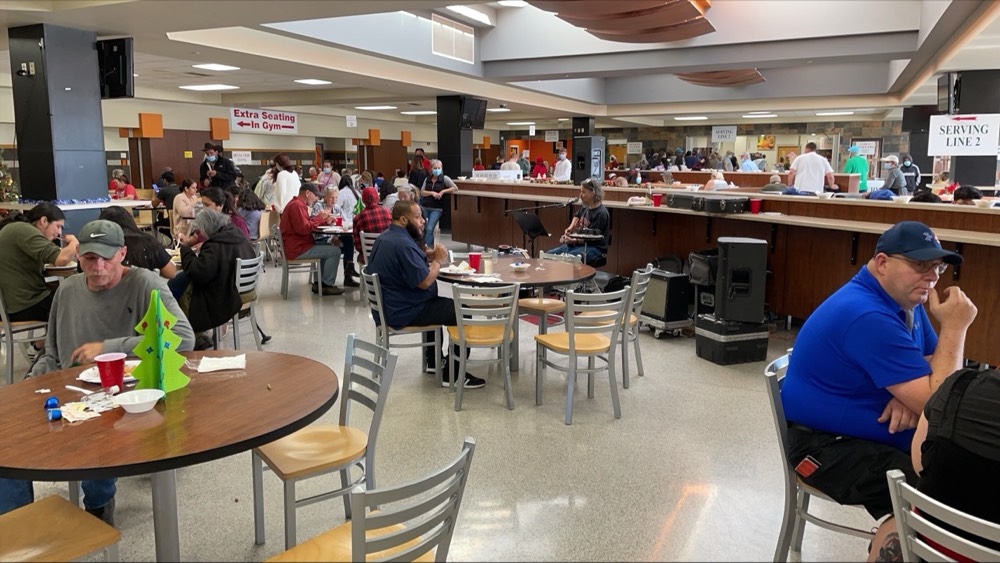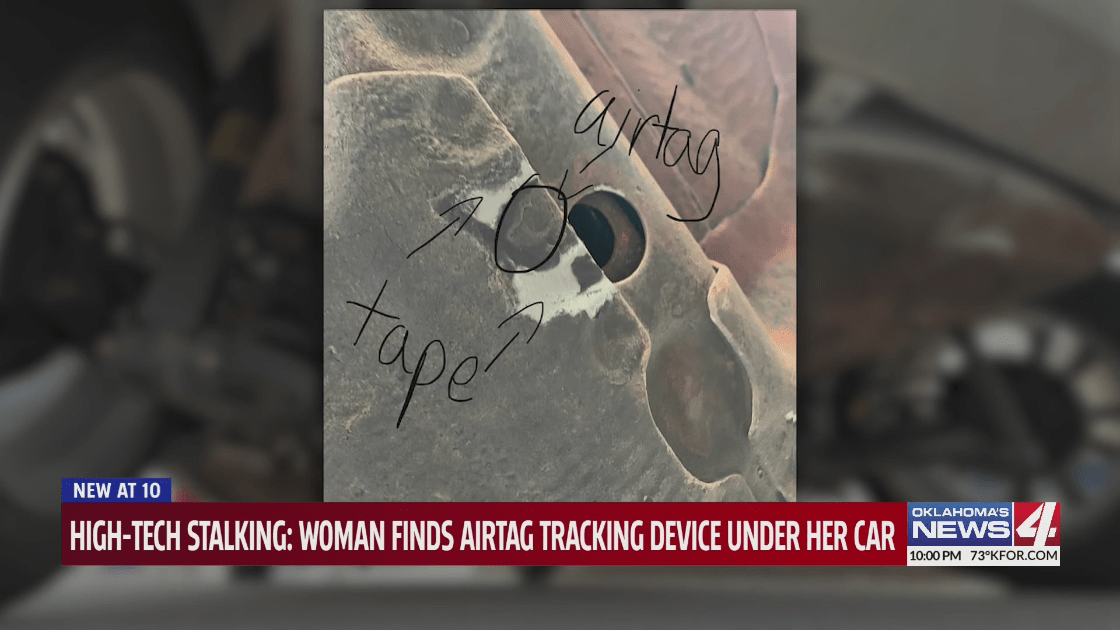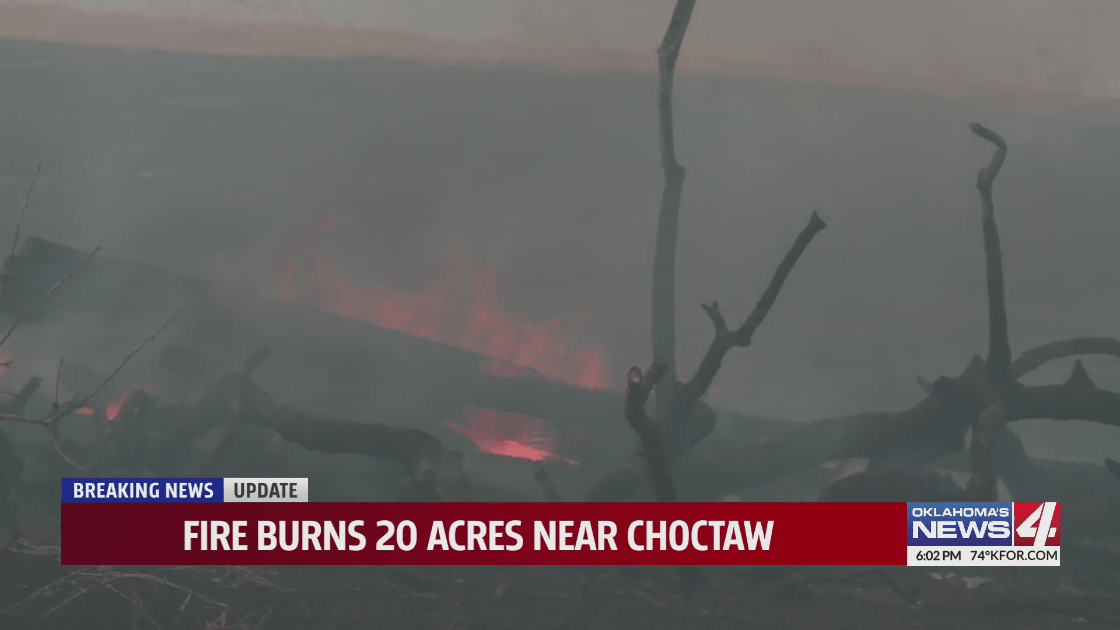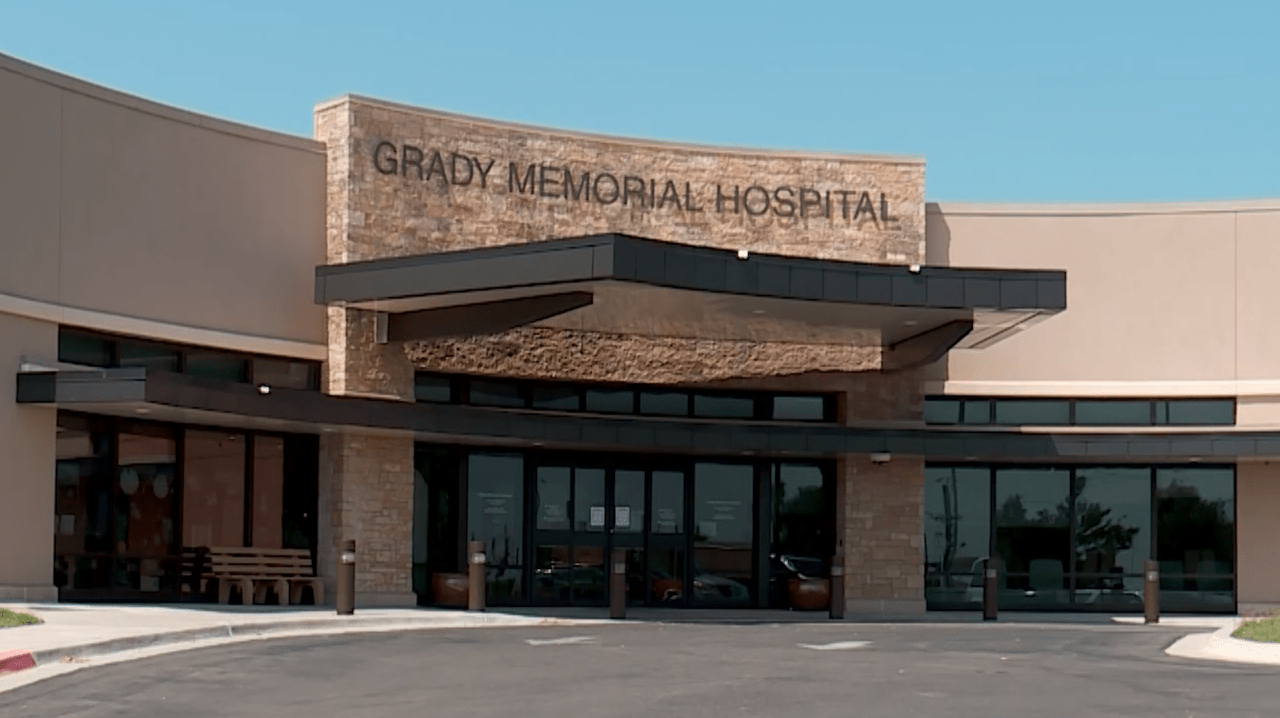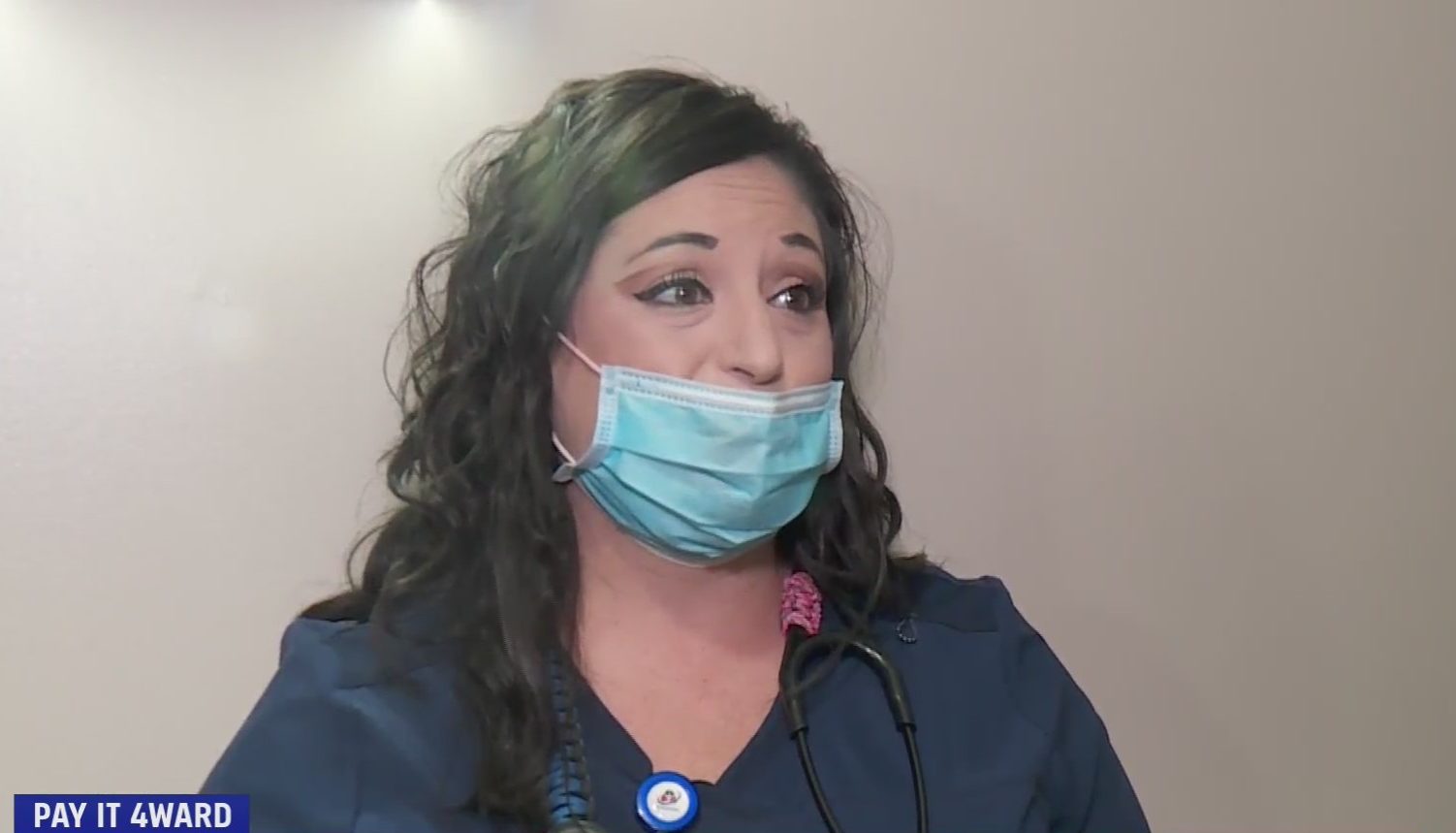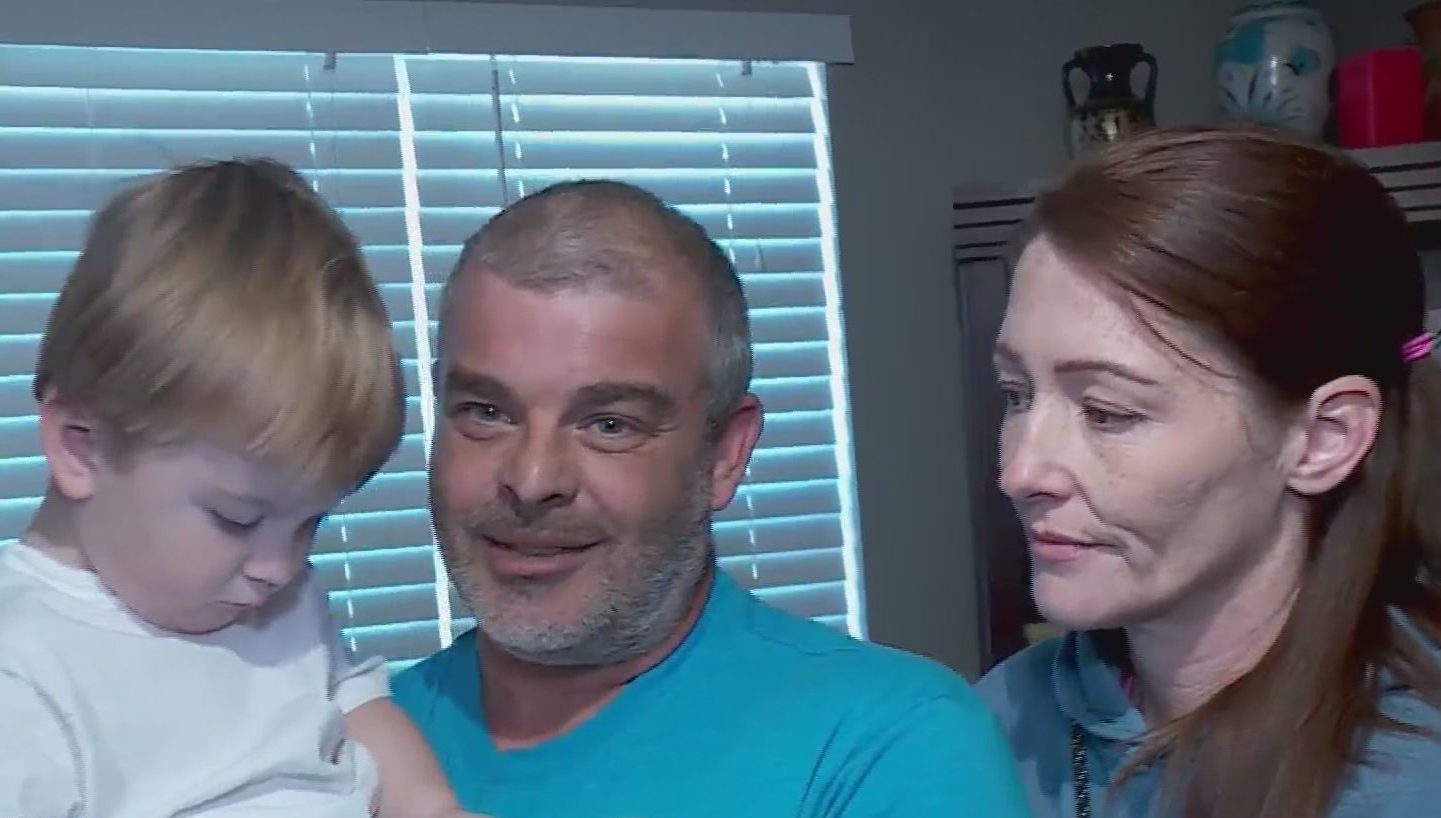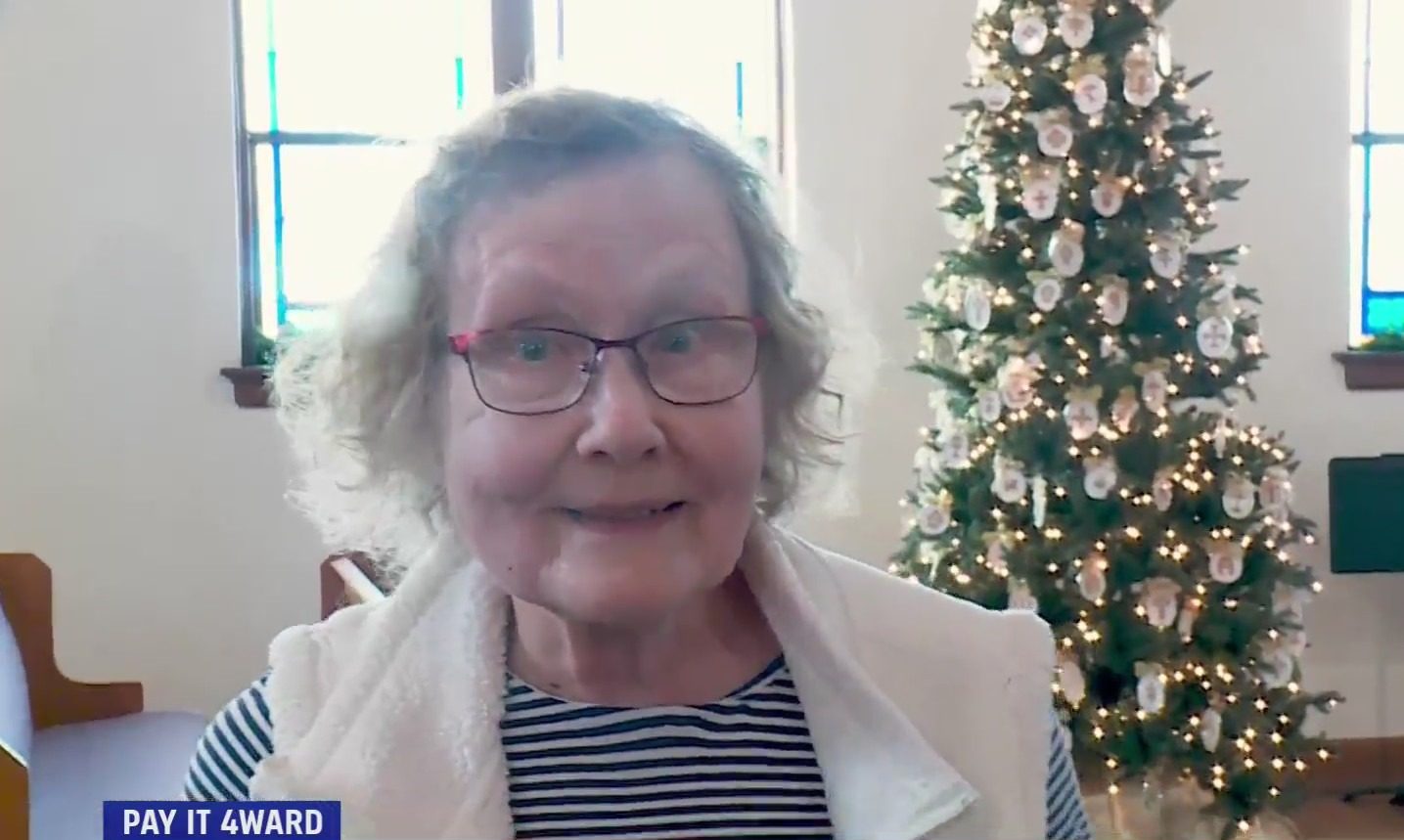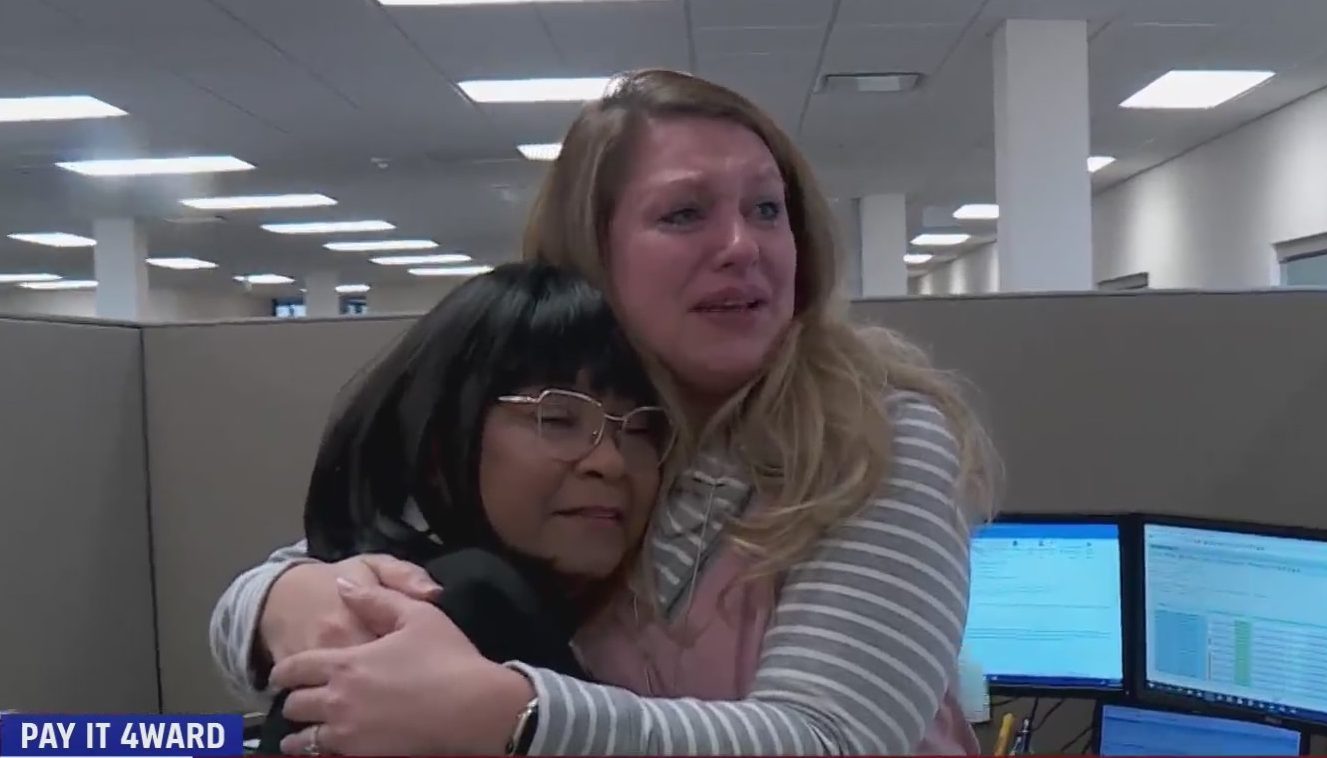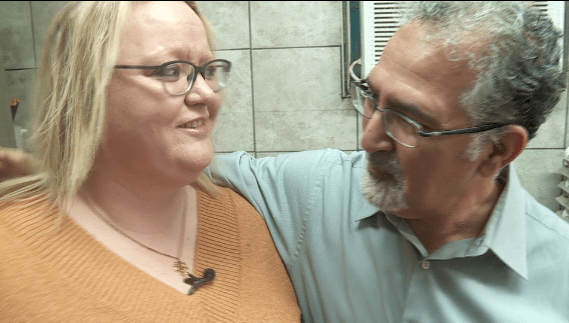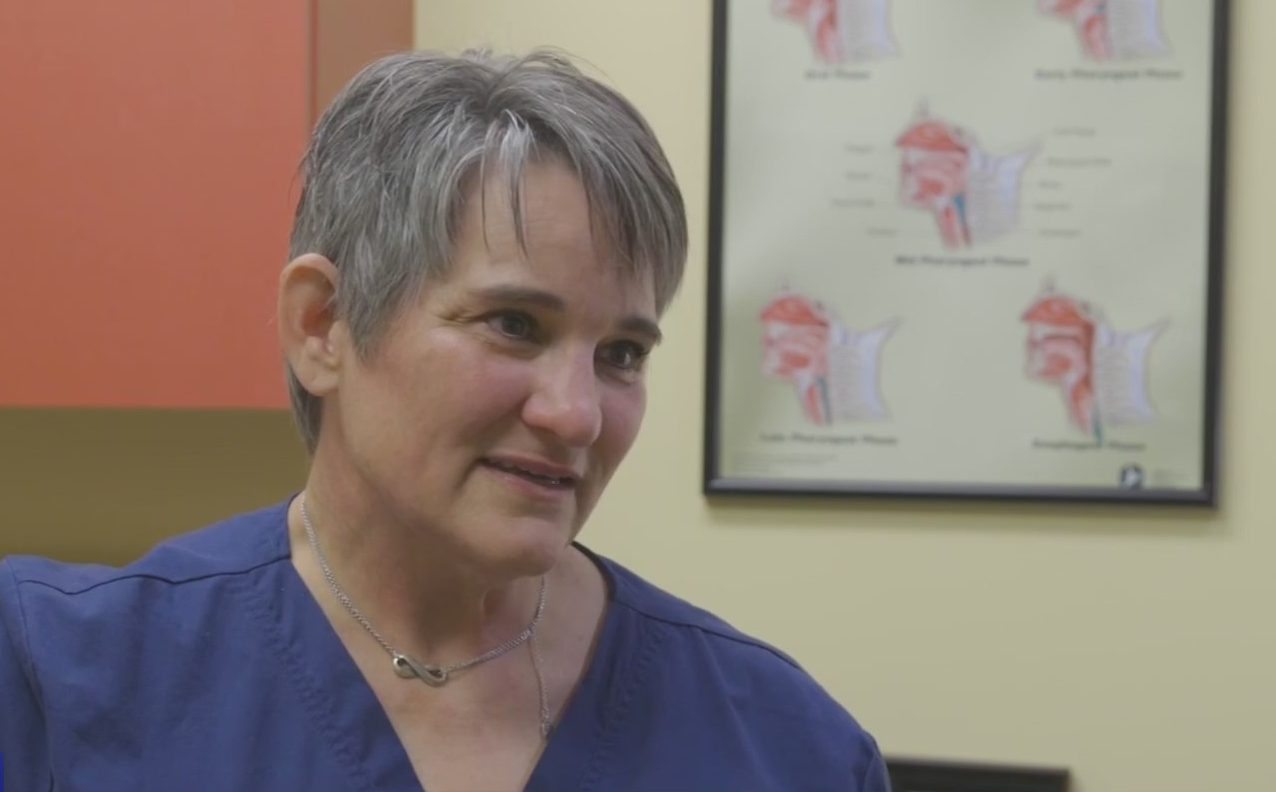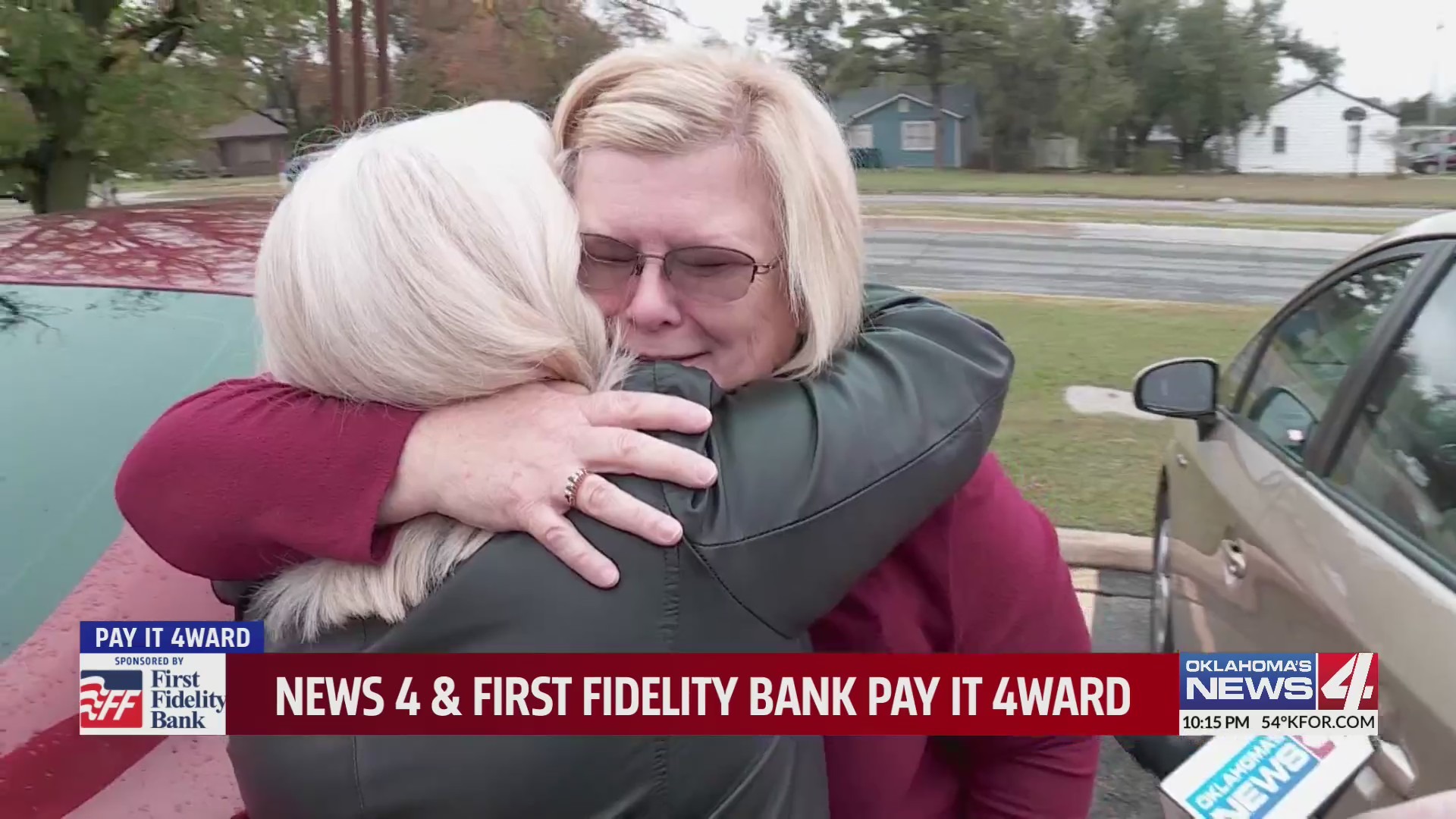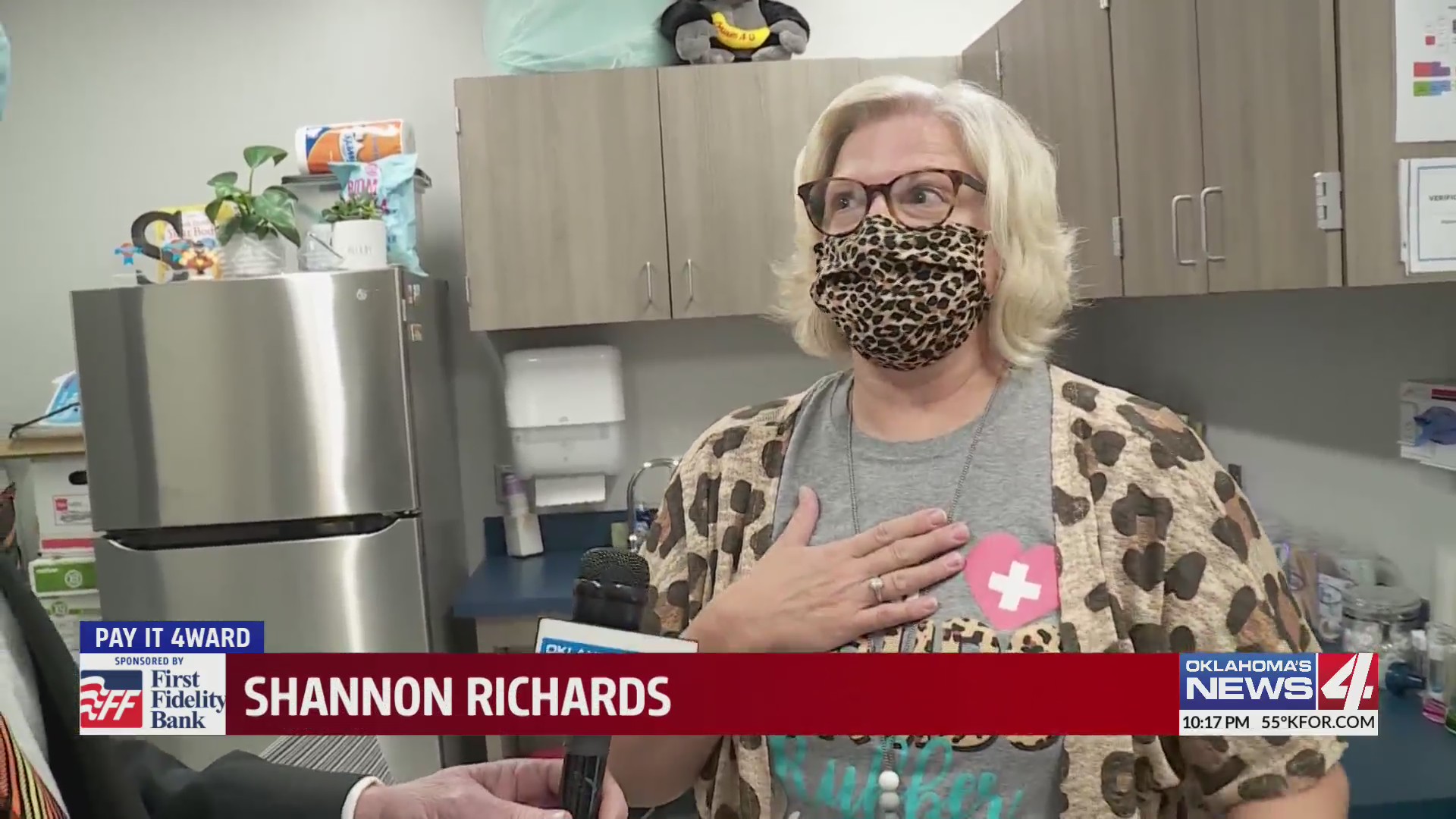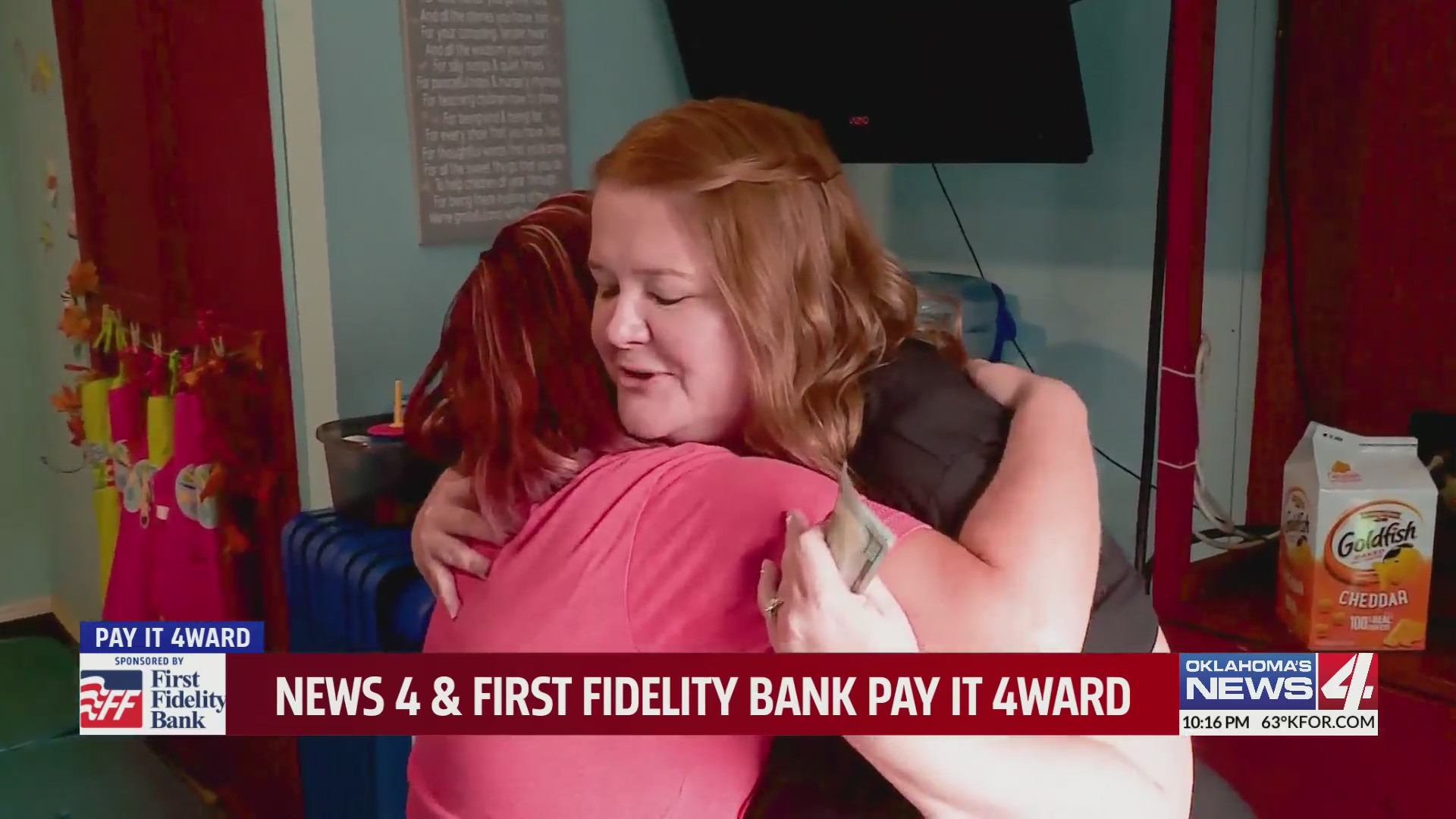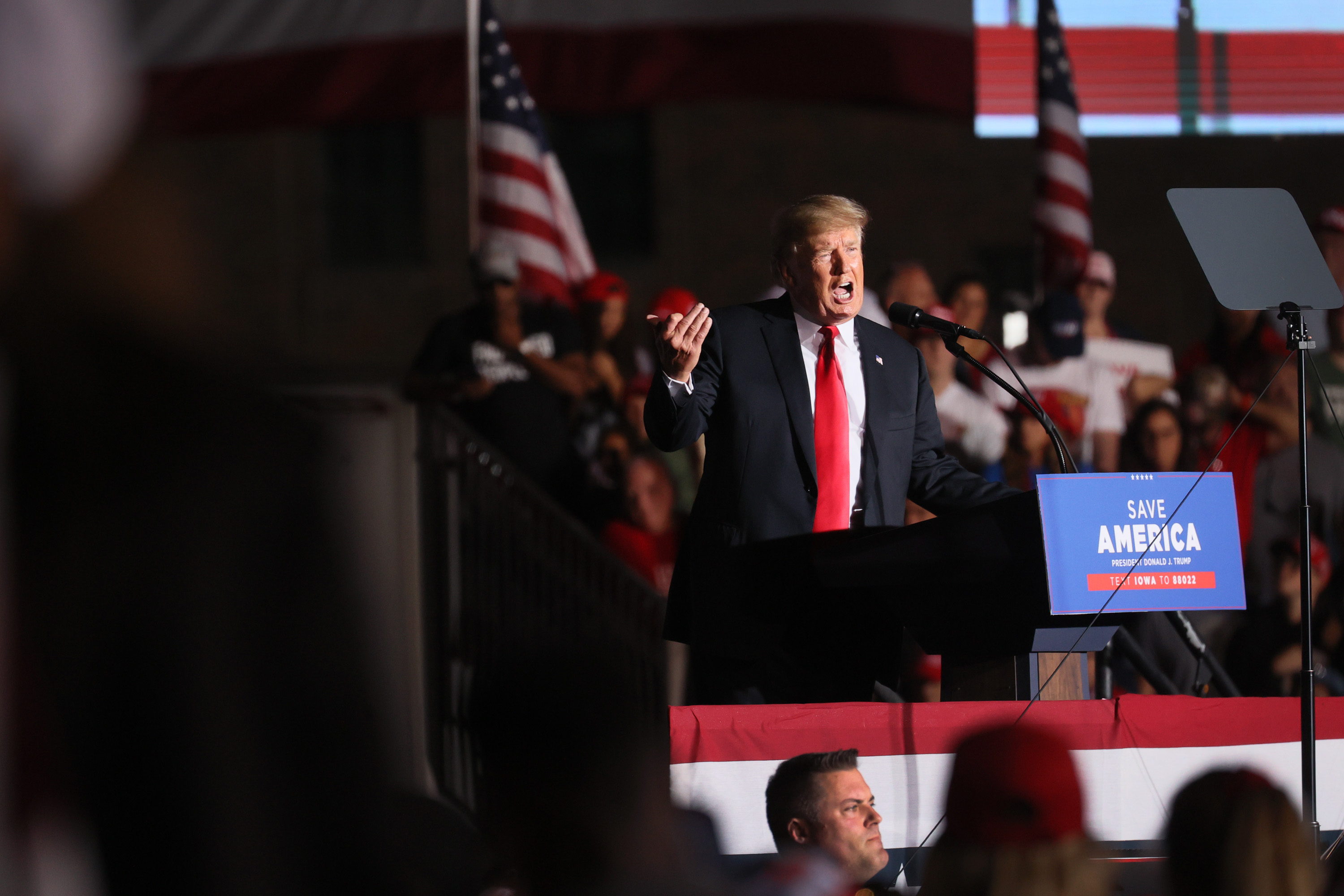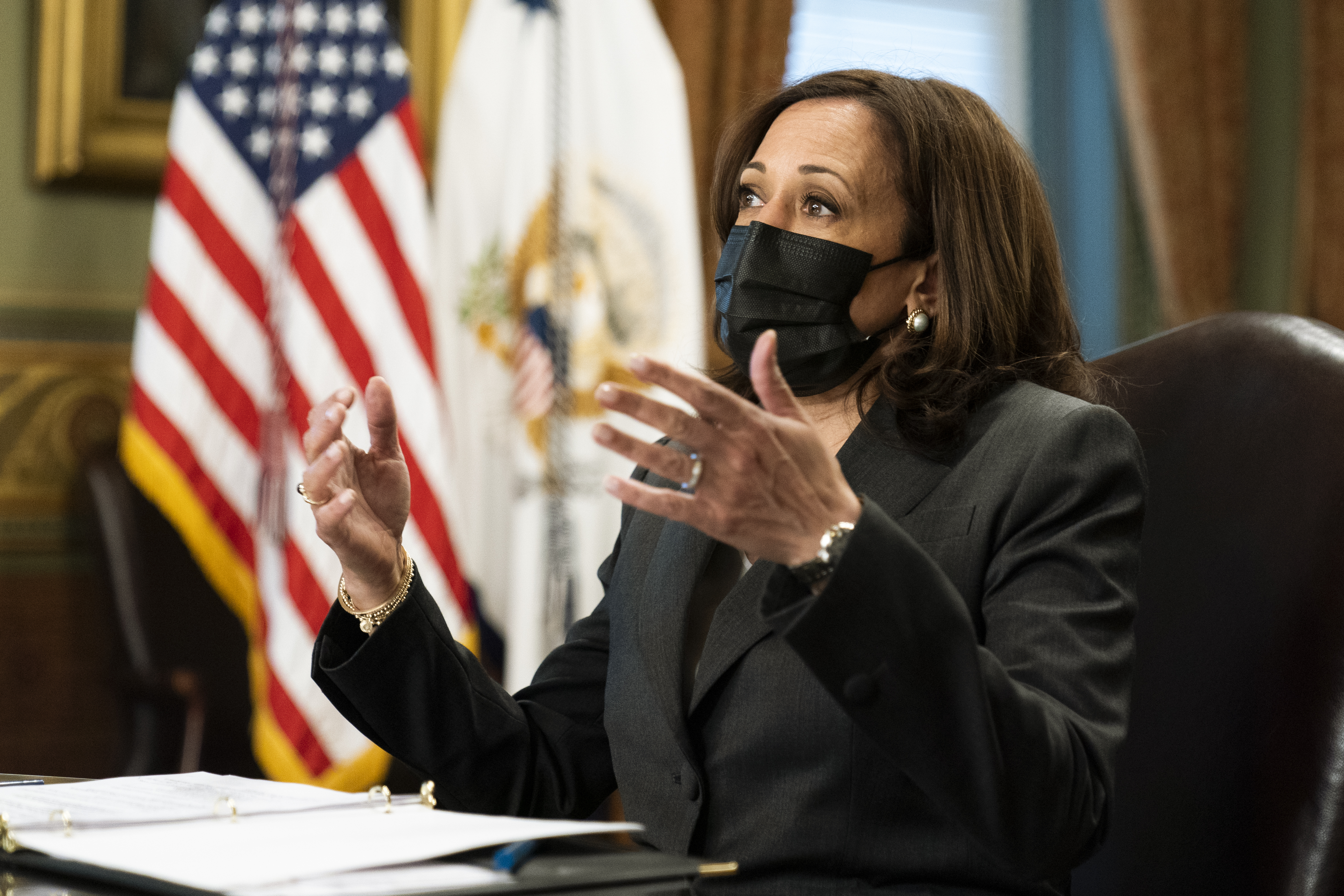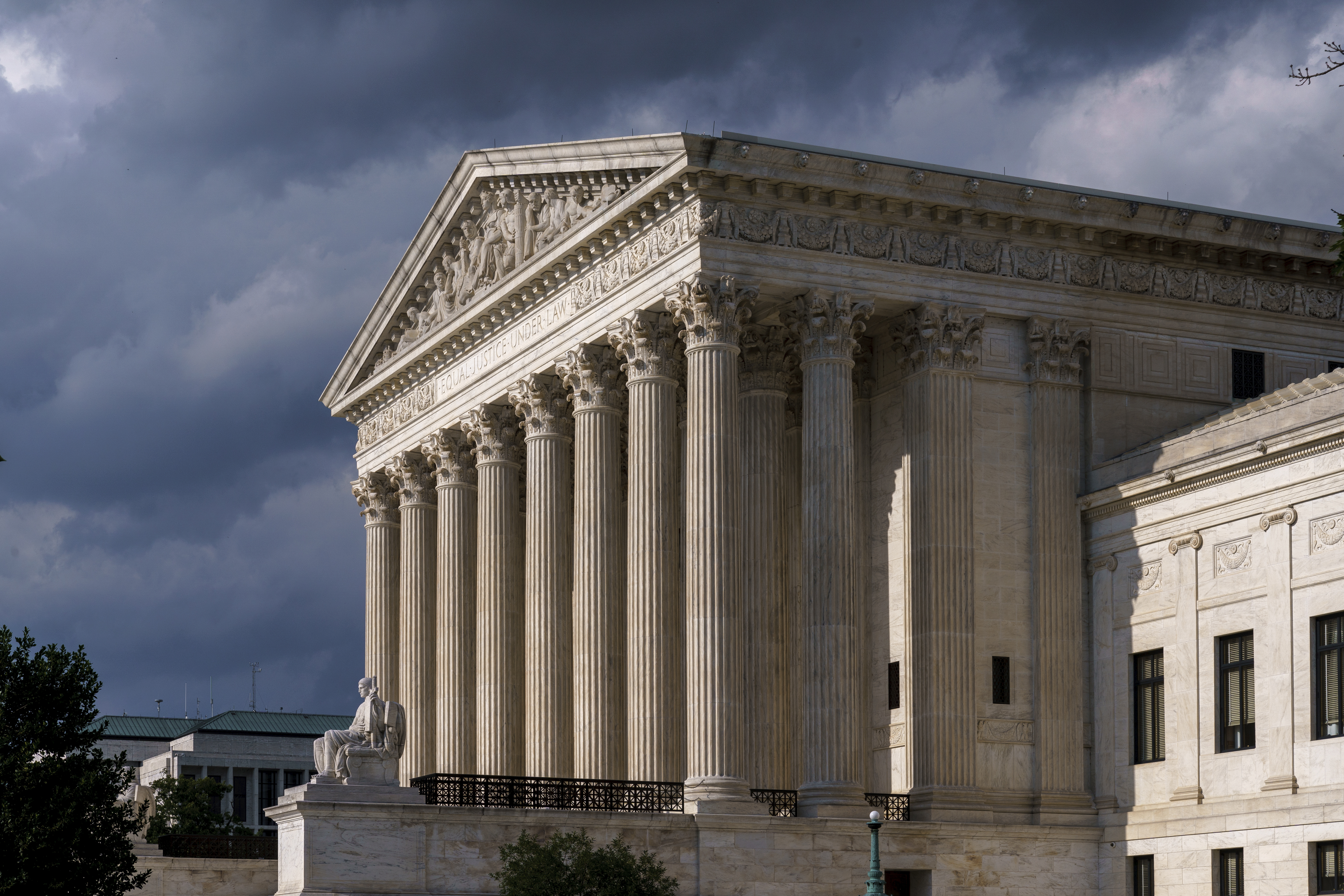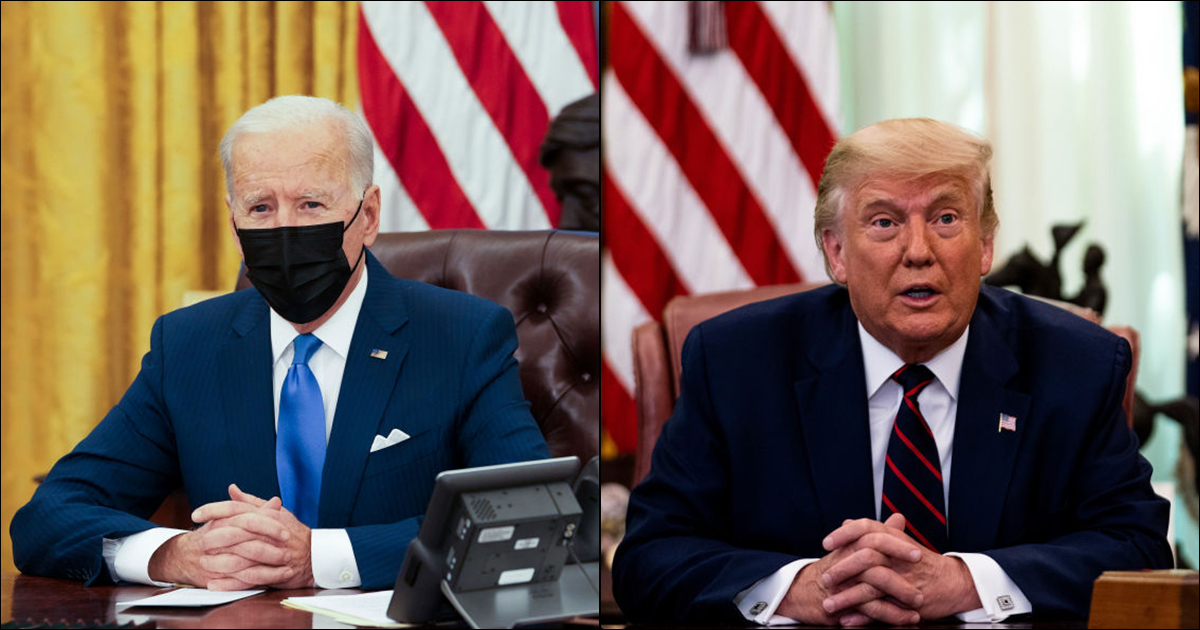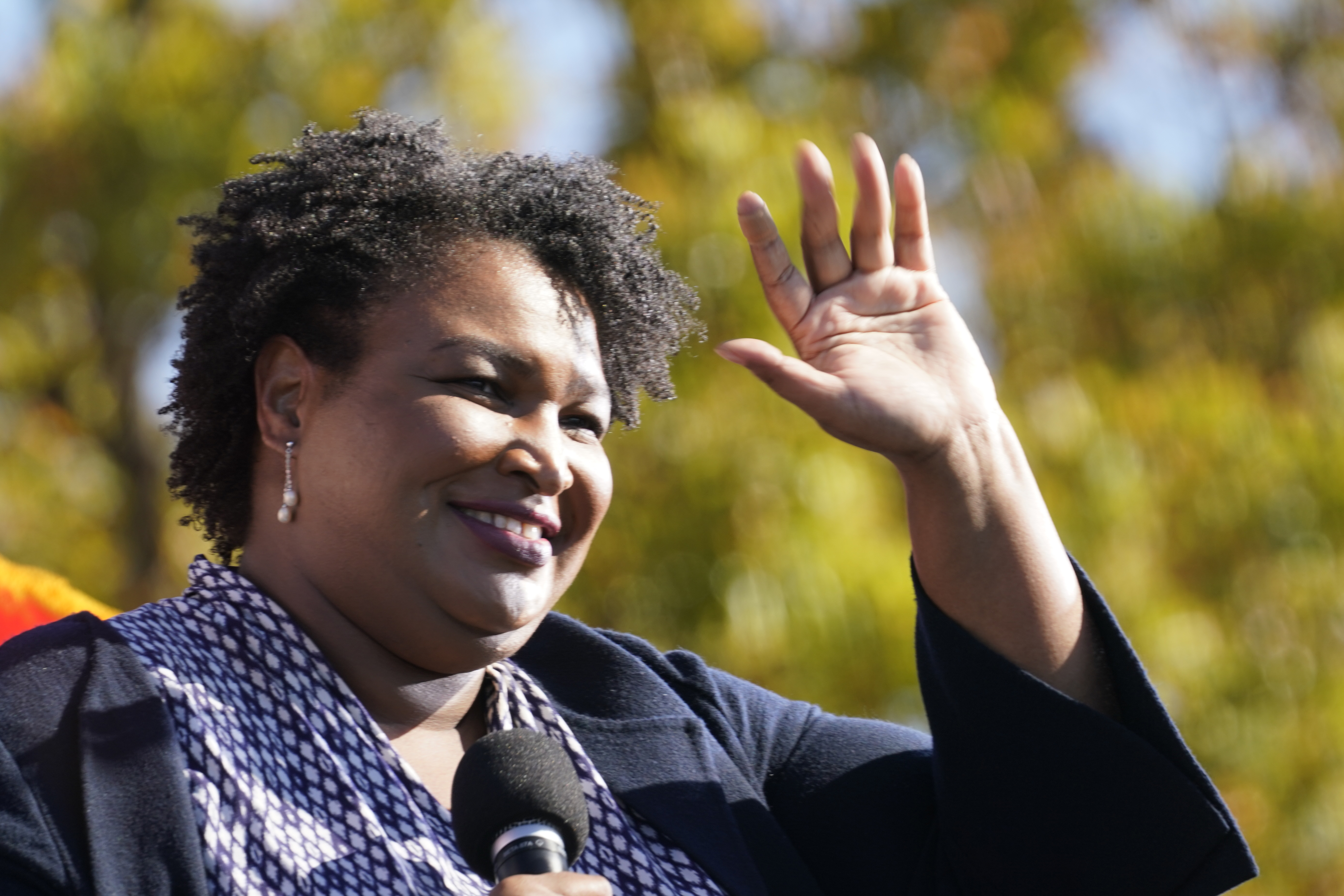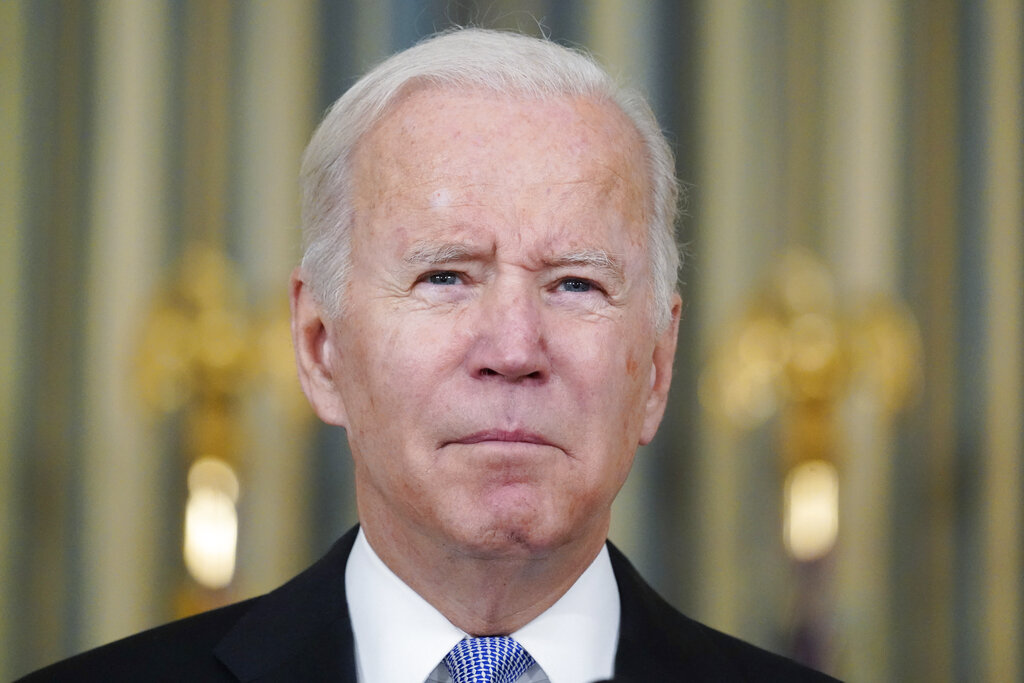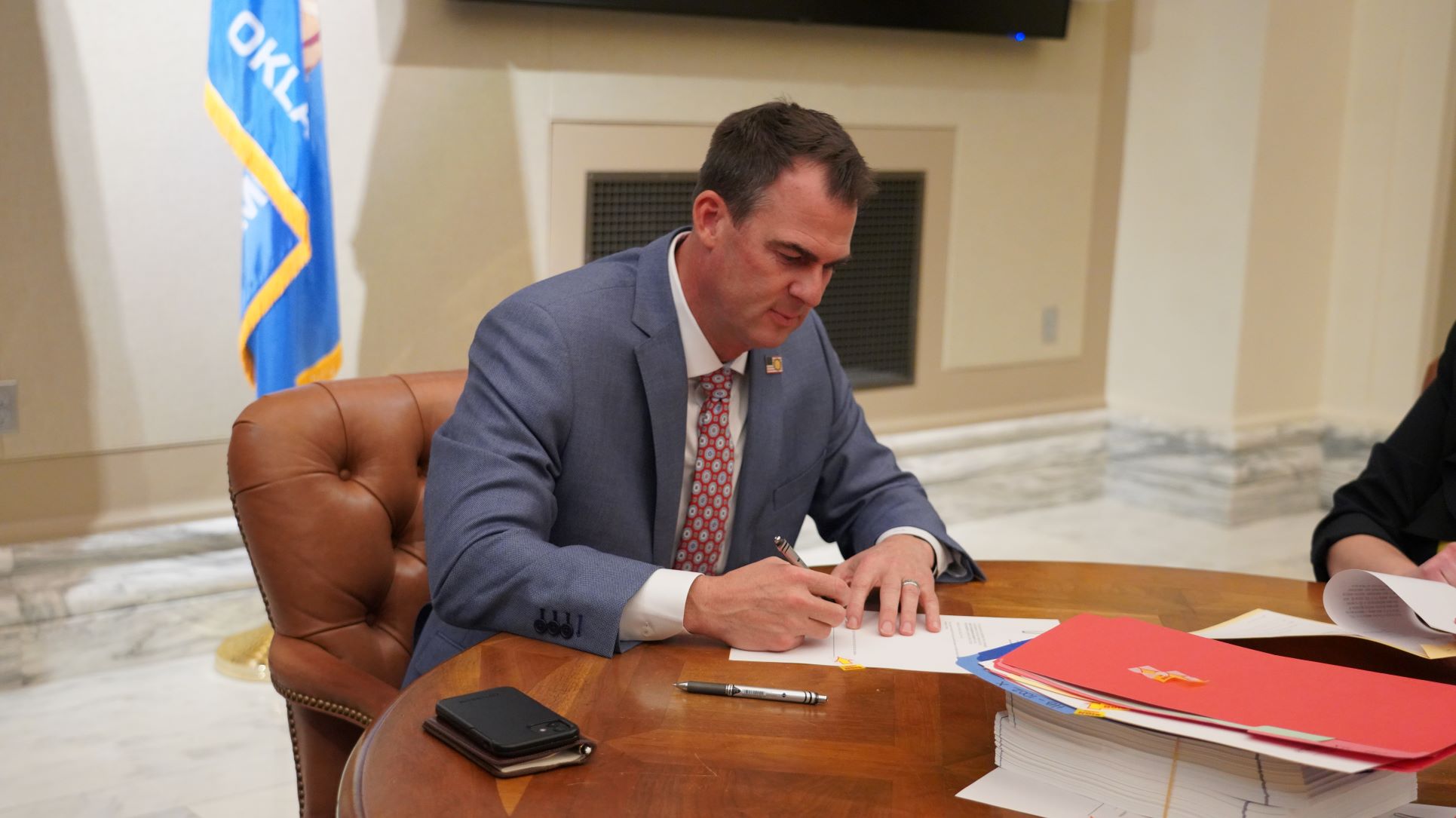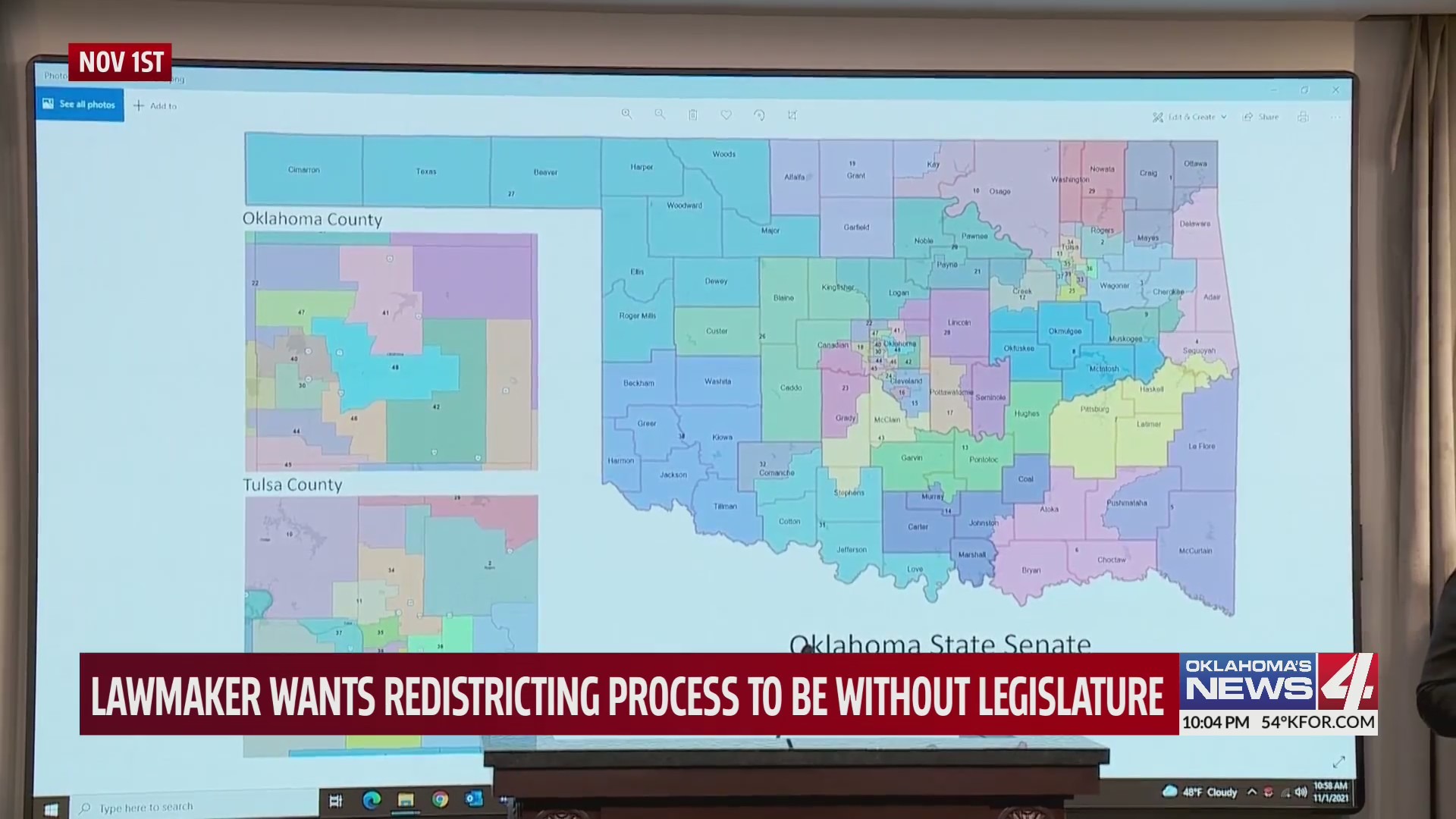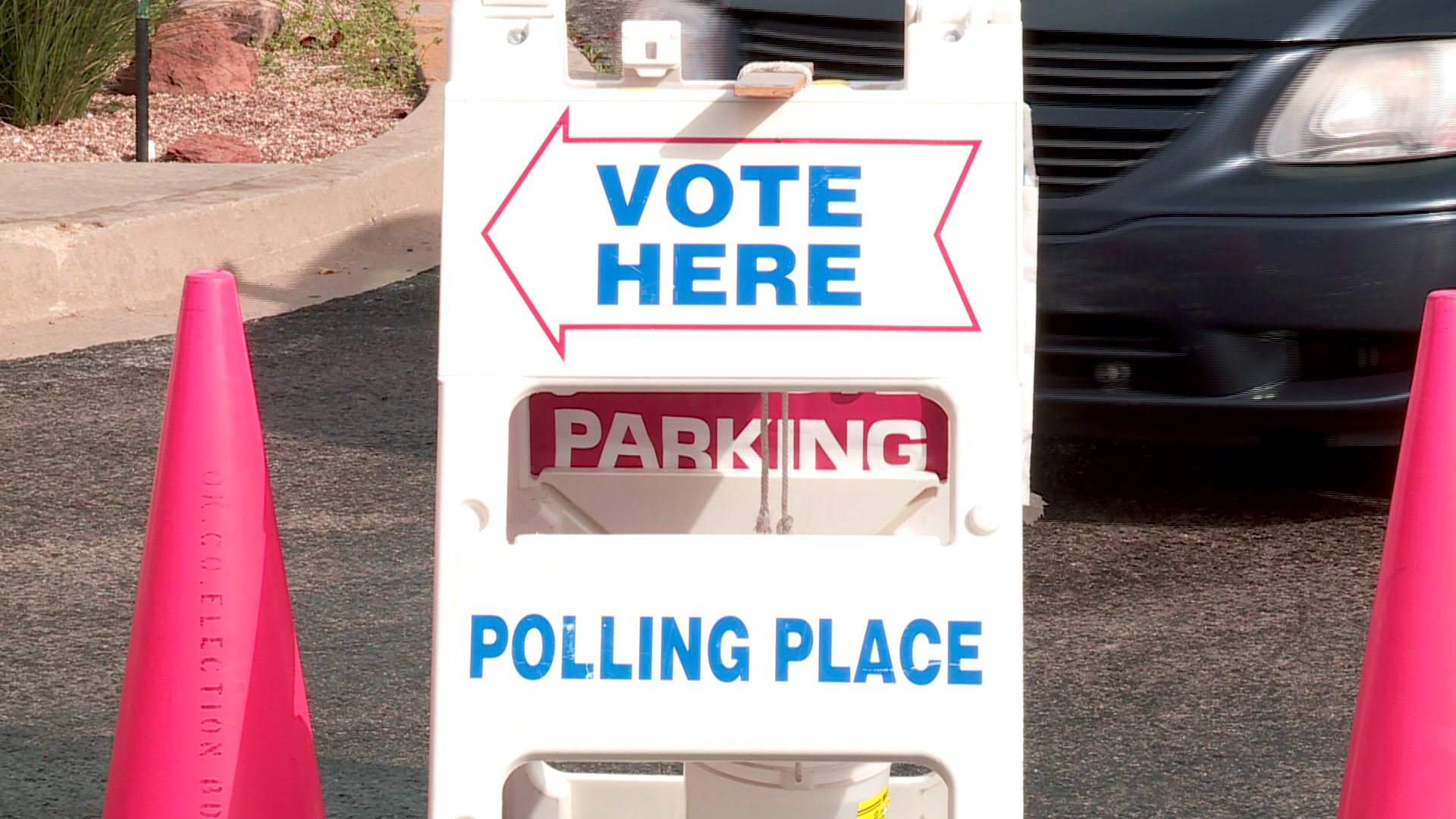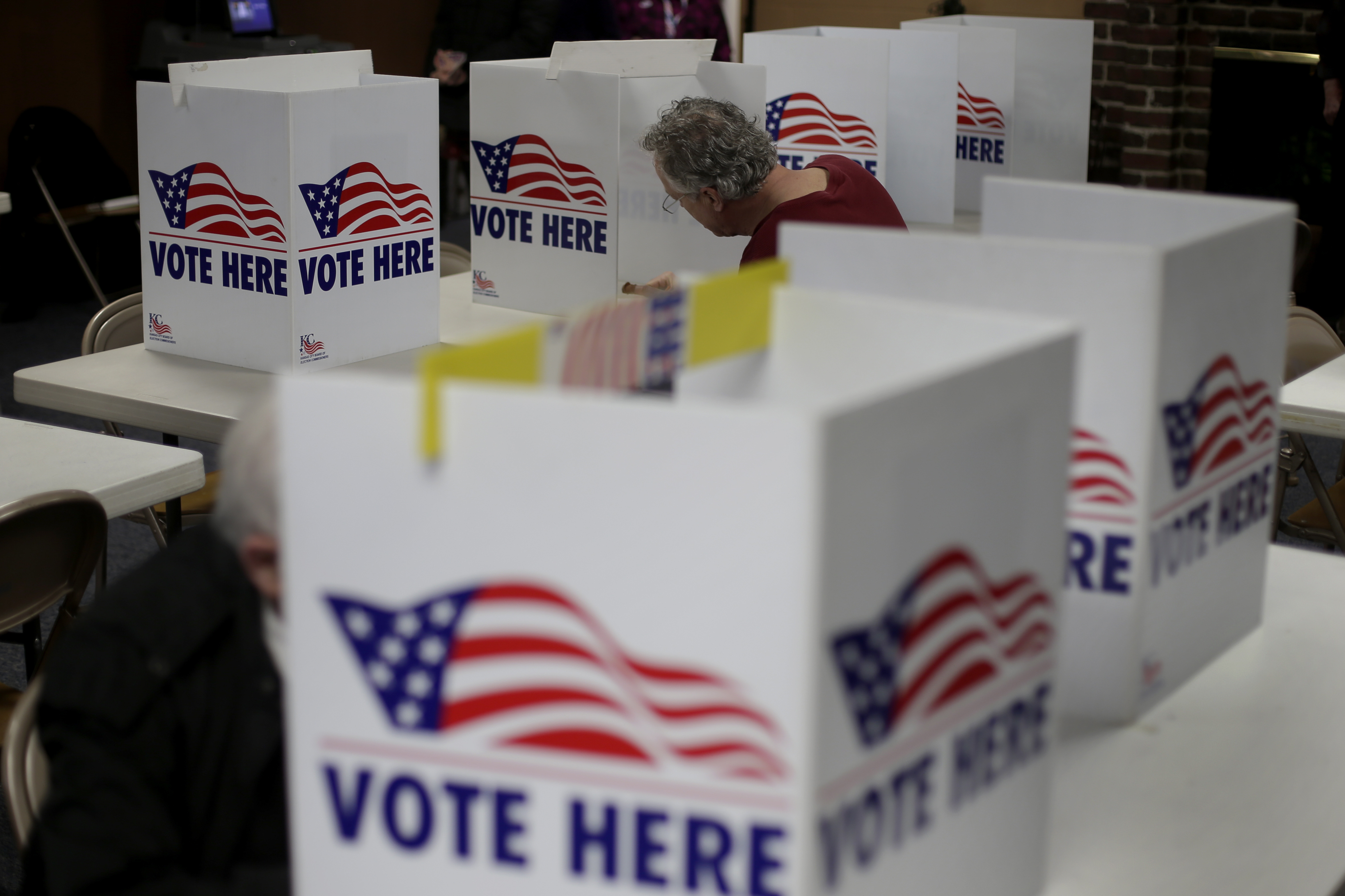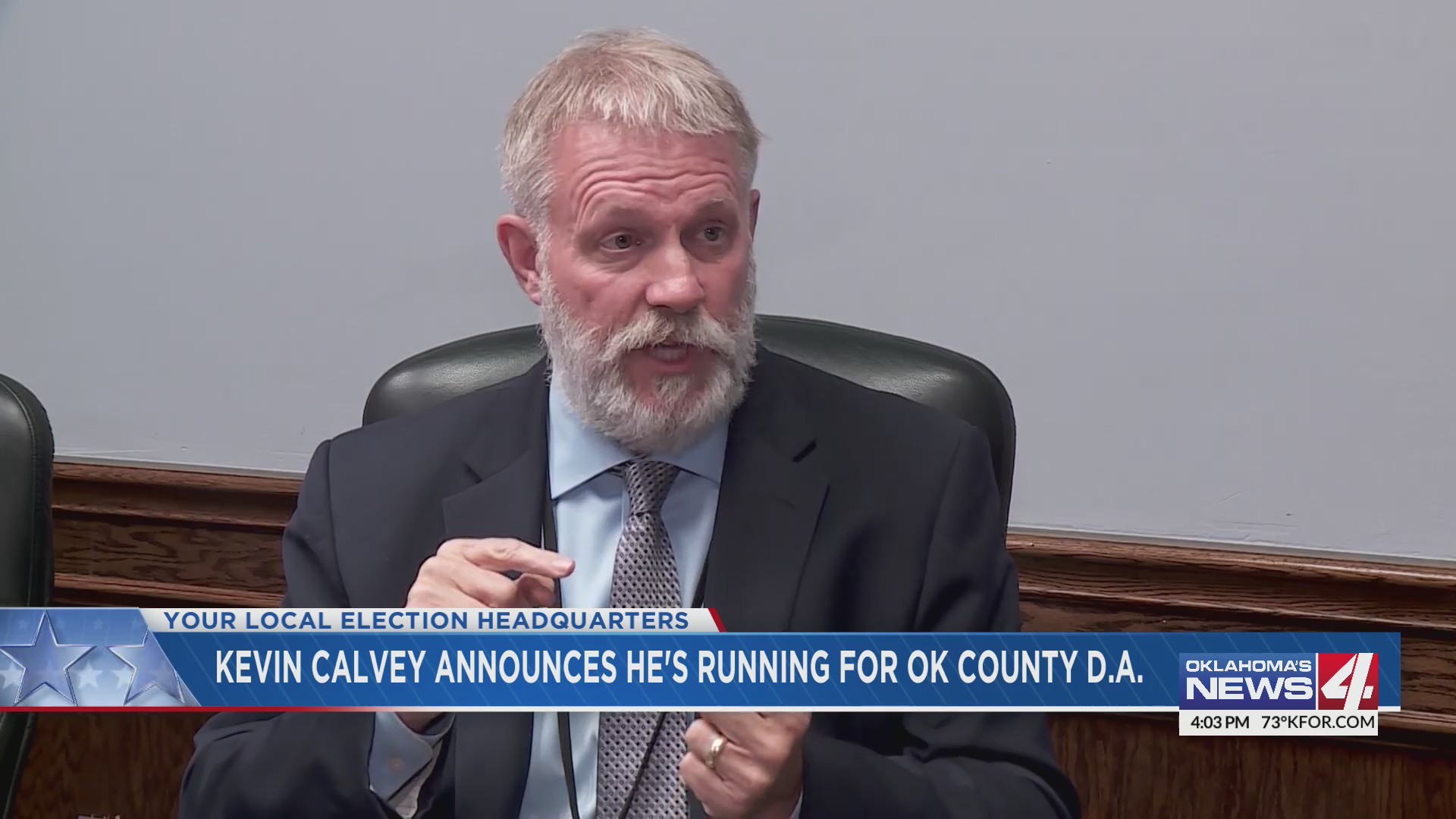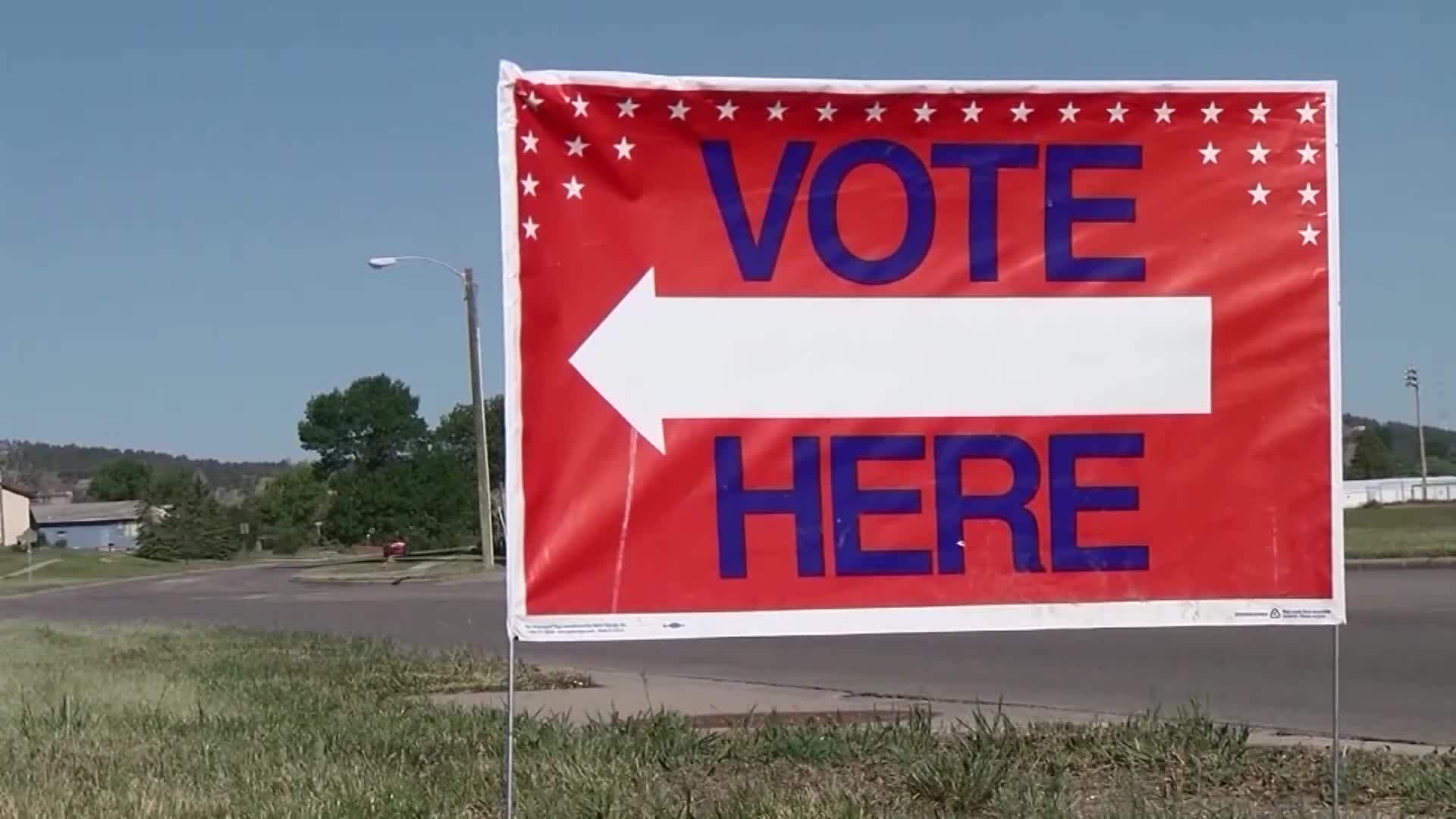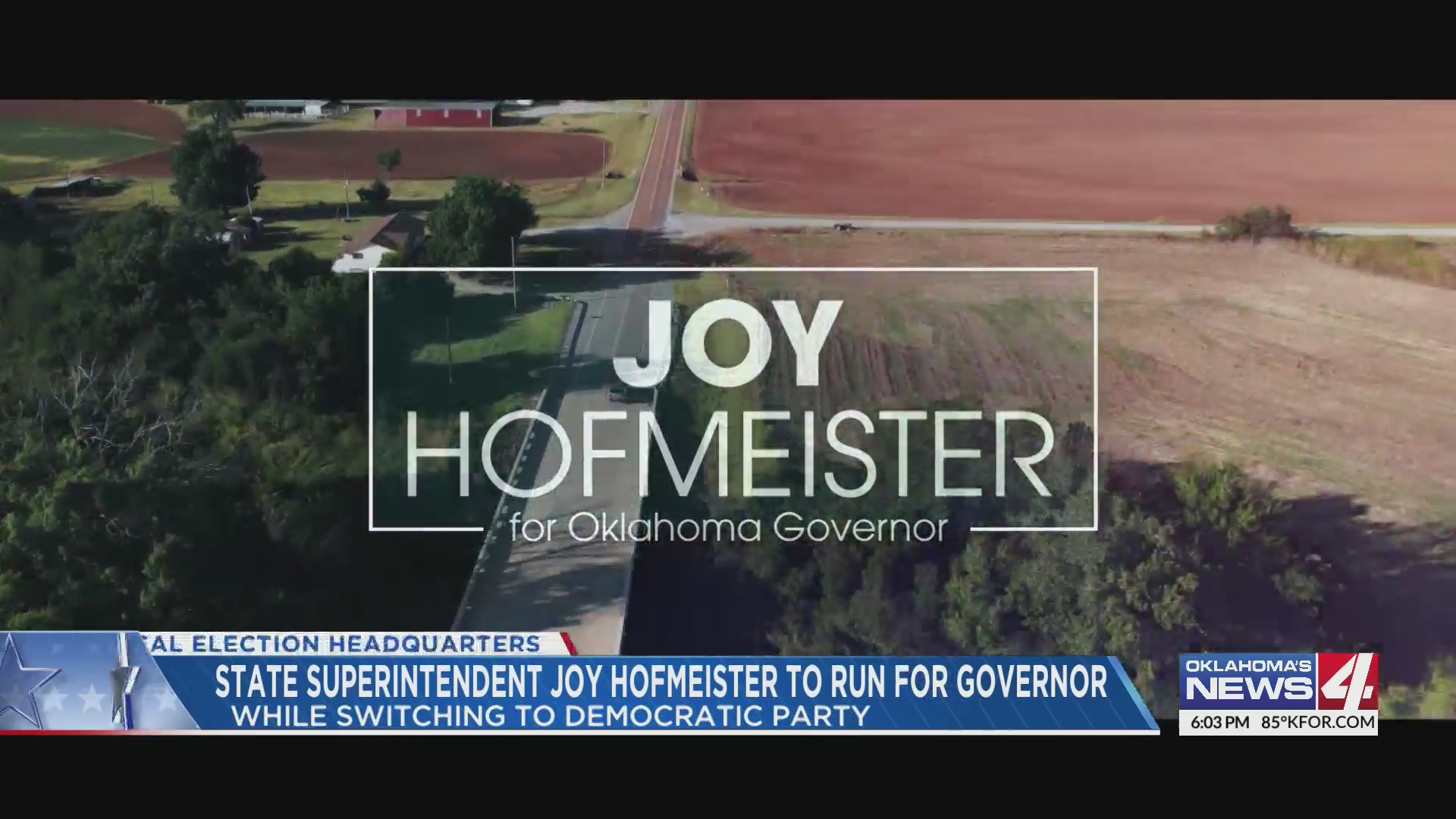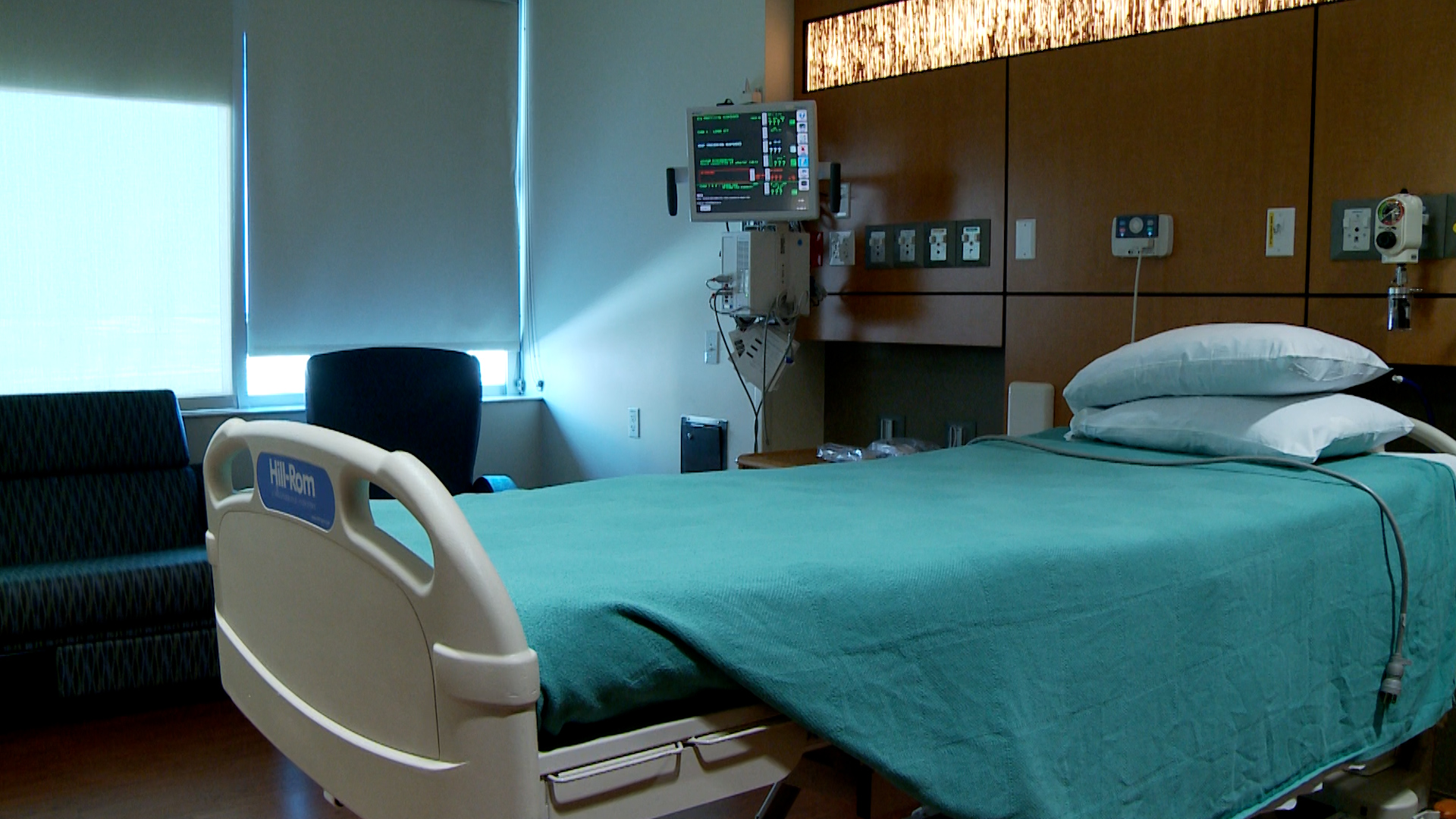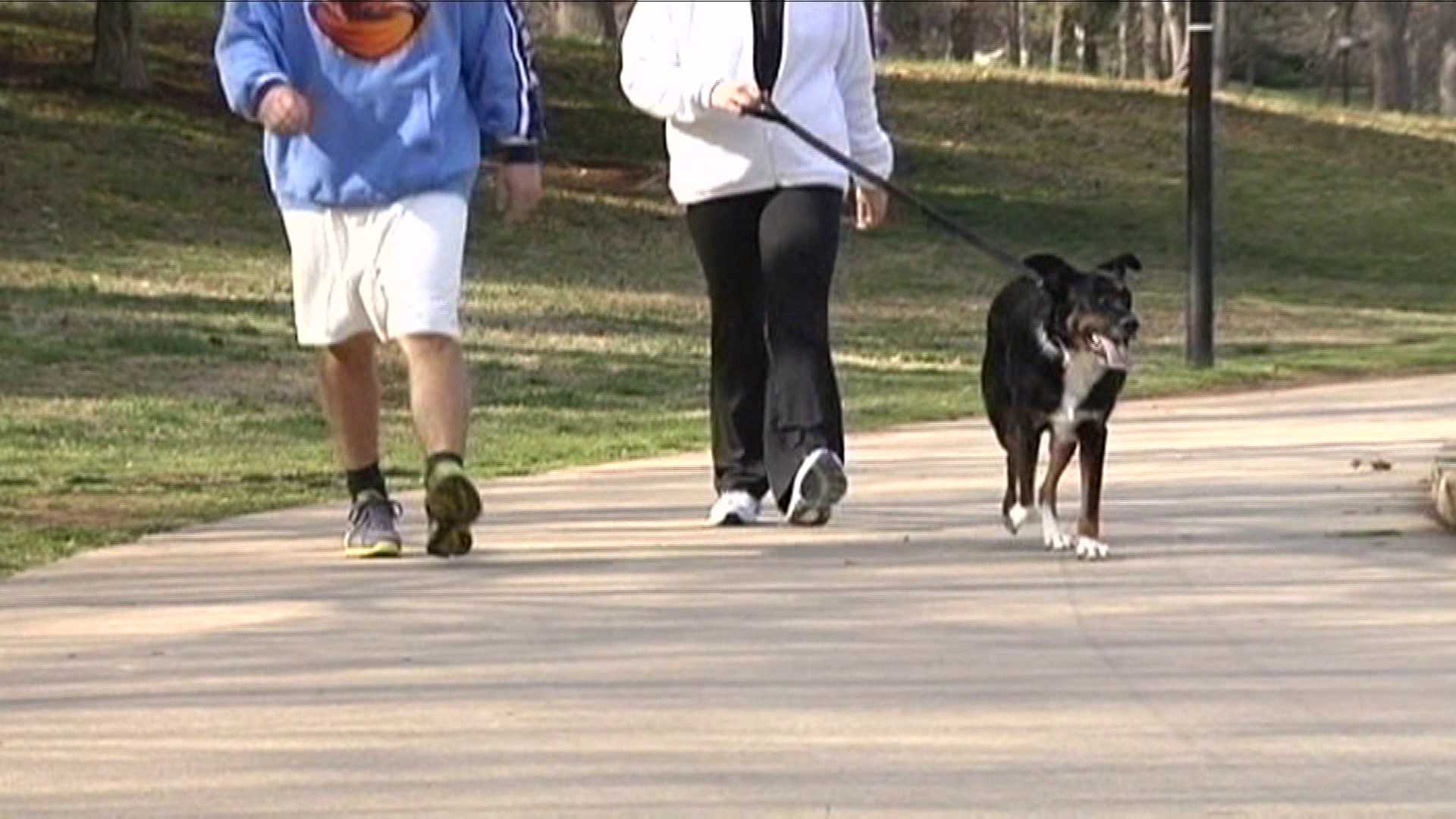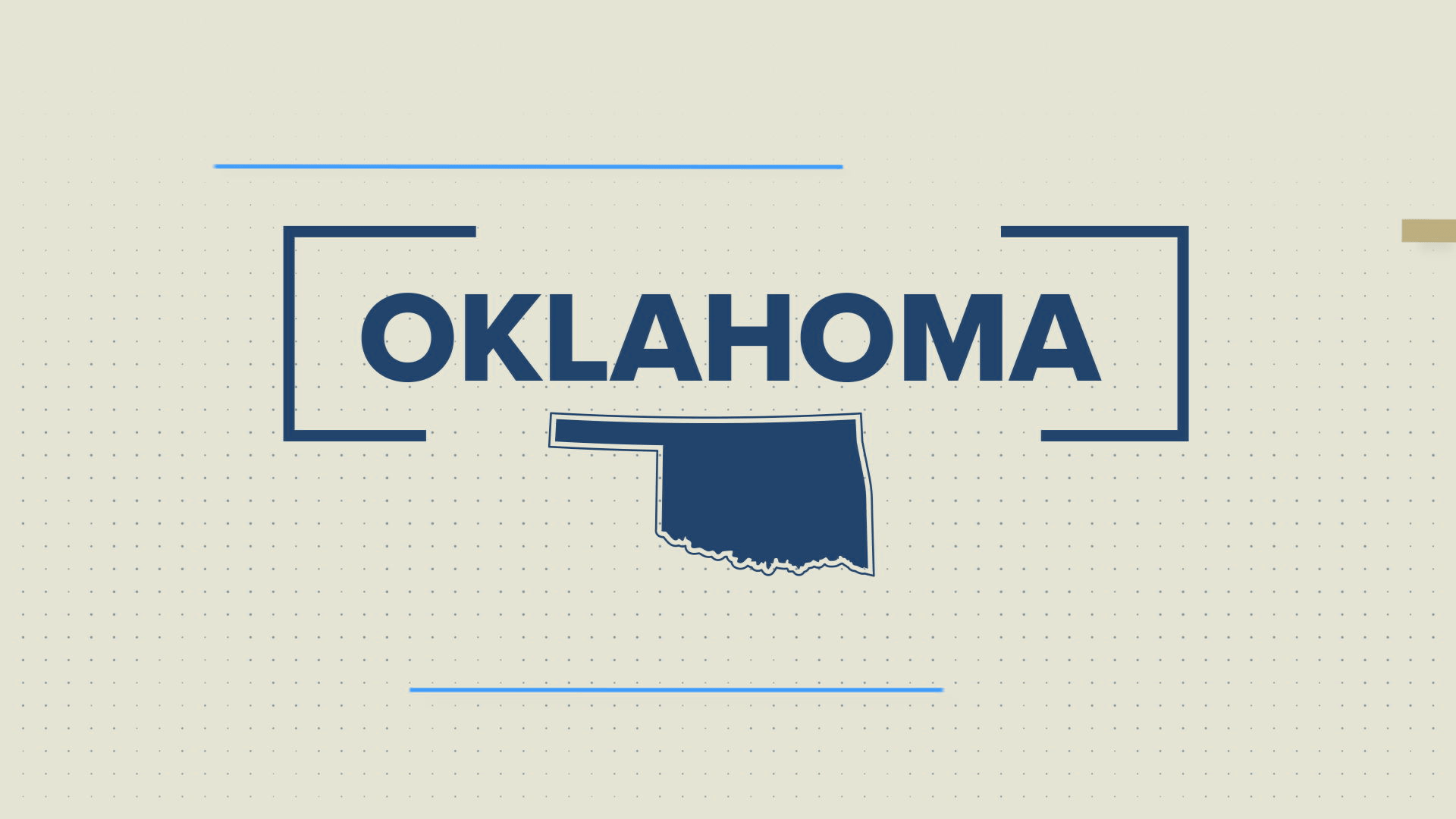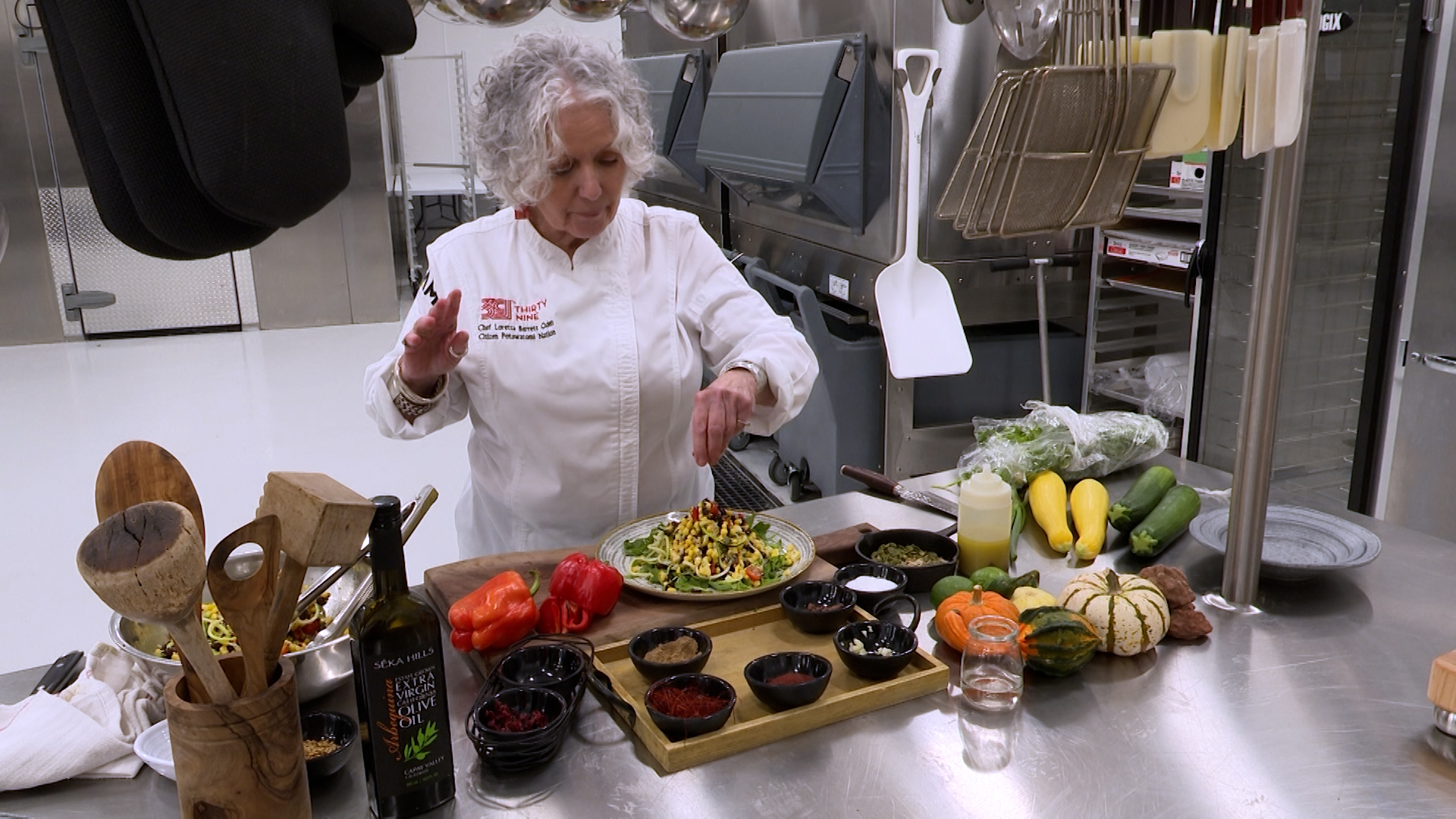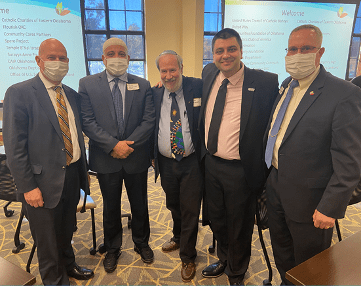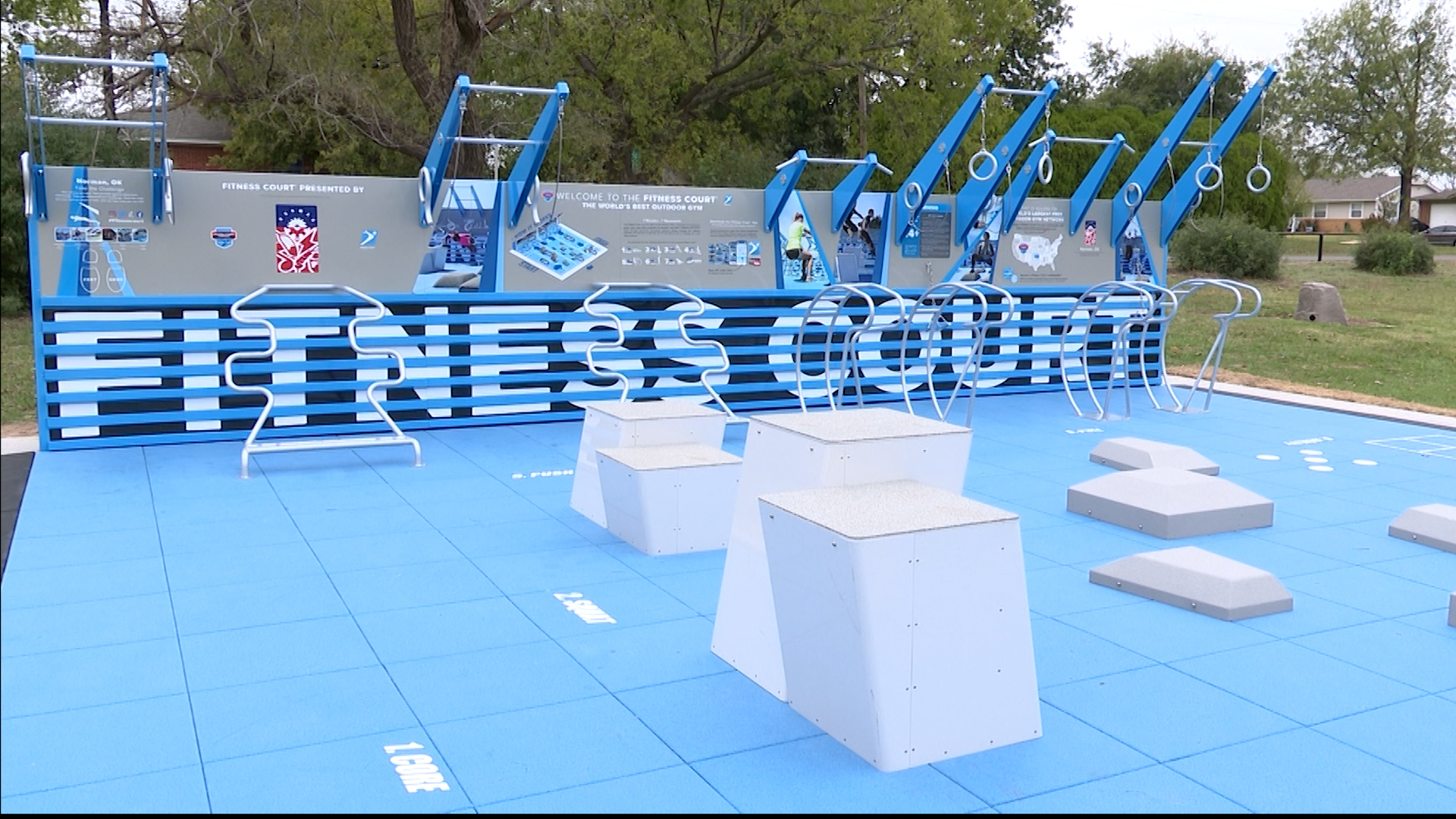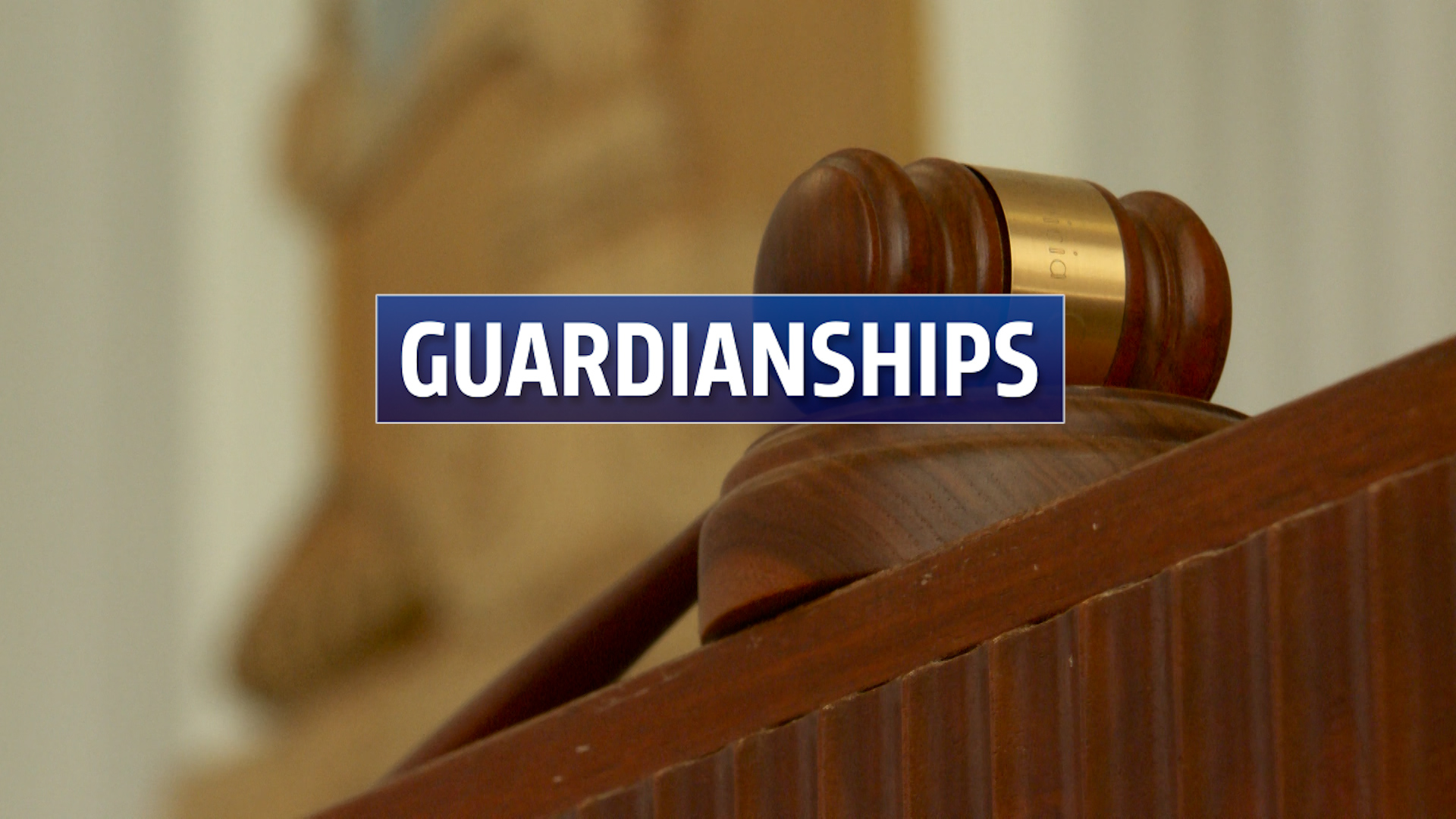WASHINGTON (AP/KFOR) — President Joe Biden today took part in a remembrance of one of the nation’s darkest — and largely forgotten — moments of racial violence when he helps commemorate the 100th anniversary of the destruction of a thriving Black community in Tulsa, Oklahoma.
Biden’s visit Tuesday, in which he came to grieve for the hundreds of Black people killed by a white mob a century ago, comes amid a national reckoning on racial justice.
Biden is the first president to participate in remembrances of the destruction of what was known as “Black Wall Street.” In 1921 — on May 31 and June 1 — Tulsa’s white residents and civil society leaders looted and burned to the ground the Greenwood District and used planes to drop projectiles on it.
He met privately with survivors of the massacre. Up to 300 Black Tulsans were killed, and thousands of survivors were forced for a time into internment camps overseen by the National Guard. Burned bricks and a fragment of a church basement are about all that survive today of the more than 30-block historically Black district.
America’s continuing struggle over racial justice will continue to test Biden, whose presidency would have been impossible without overwhelming support from Black voters, both in the Democratic primaries and the general election.
Biden has pledged to help combat racism in policing and other areas of life following nationwide protests after George Floyd’s death a year ago that reignited a national conversation about race. Floyd, a Black man, was killed by white Minneapolis police officer Derek Chauvin, who pressed his knee on Floyd’s neck for more than nine minutes.
After Chauvin was convicted in April, Biden said the country’s work was far from finished with the verdict, declaring, “We can’t stop here.”
He called on Congress to act swiftly to address policing reform. But he has also long projected himself as an ally of police, who are struggling with criticism about long-used tactics and training methods and difficulties in recruitment.
Despite its horror, the Tulsa massacre has only recently entered the national discourse — and the presidential visit will put an even brighter spotlight on the event.
“This is so important because we have to recognize what we have done if we are going to be otherwise,” said Eddie Glaude, chair of the Center for African American Studies at Princeton University. Biden’s visit, Glaude said, “has to be more than symbolic. To tell the truth is the precondition for reconciliation, and reconciliation is the basis for repair.”
Biden, while visiting the Greenwood Cultural Center, announced new measures to help narrow the wealth gap between Blacks and whites and reinvest in underserved communities by expanding access to homeownership and small-business ownership.
The White House said the administration will take steps to address disparities that result in Black-owned homes being appraised at tens of thousands of dollars less than comparable homes owned by whites as well as issue new federal rules to fight housing discrimination.
The administration is also setting a goal of increasing the share of federal contracts awarded to small disadvantaged businesses by 50% by 2026, funneling an estimated additional $100 billion to such businesses over the five-year period, according to the White House.
Biden also discussed ways his jobs plan — still a subject of negotiation with Congress — can help create jobs and build wealth in communities of color.
Historians say the massacre in Tulsa began after a local newspaper drummed up a furor over a Black man accused of stepping on a white girl’s foot. When Black Tulsans showed up with guns to prevent the man’s lynching, white residents responded with overwhelming force.
A grand jury investigation at the time concluded, without evidence, that unidentified agitators had given Tulsa’s African Americans both their firearms and what was described as their mistaken belief “in equal rights, social equality and their ability to demand the same.”
Tensions persist 100 years later.
Organizers called off a headline commemoration of the 100th anniversary of the Tulsa Race Massacre, saying no agreement could be reached over monetary payments to three survivors of the deadly attack. It highlights broader debates over reparations for racial injustice.
Reparations for Black Americans whose ancestors were enslaved and for other racial discrimination have been debated in the U.S. since slavery ended in 1865. Now they are being discussed by colleges and universities with ties to slavery and by local governments looking to make cash payments to Black residents.
But some of Tulsa’s Black residents question whether the $20 million spent to build the Greenwood Rising museum in an increasingly gentrified part of the city could have been better spent helping Black descendants of the massacre or residents of the city’s predominantly Black north side several miles away from Greenwood.
Disagreements among Black leaders in Tulsa over the handling of commemorative events and millions of dollars in donations have led to two disparate groups planning separate slates of anniversary events.
Biden, who was vice president to the nation’s first Black president and who chose a Black woman as his own vice president, backs a study of reparations, both in Tulsa and more broadly, but has not committed to supporting payments. He recently declared the need for America to confront its ugly past, saying, “We must acknowledge that there can be no realization of the American dream without grappling with the original sin of slavery and the centuries-long campaign of violence, fear and trauma wrought upon African American people in this country.”
He issued a proclamation designating Monday as a “day of remembrance” for the massacre.
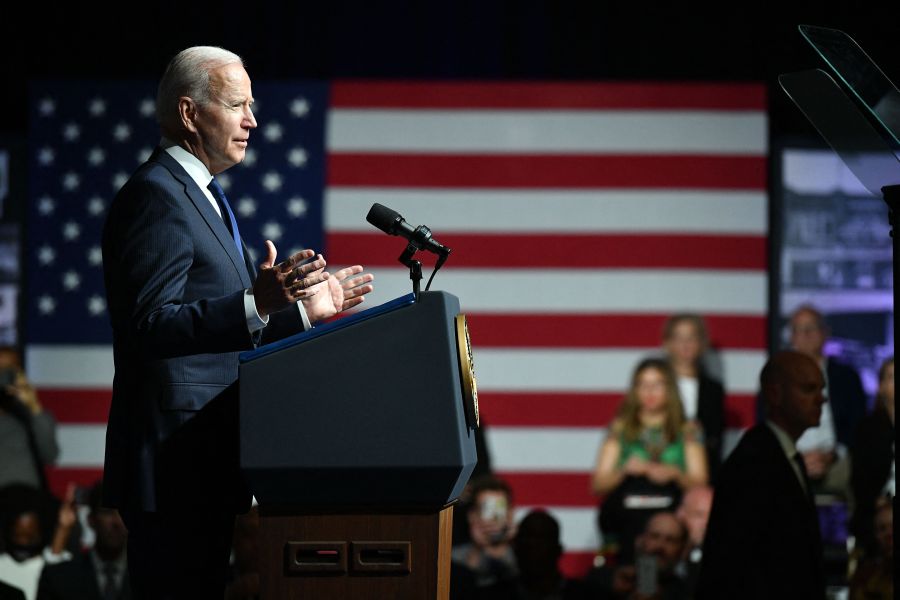
US President Joe Biden delivers remarks to commemorate the 100th anniversary of the Tulsa Race Massacre at the Greenwood Cultural Center in Tulsa, Oklahoma on June 1, 2021. – US President Joe Biden traveled Tuesday to Oklahoma to honor the victims of a 1921 racial massacre in the city of Tulsa, where African American residents are hoping he will hear their call for financial reparations 100 years on. (Photo by MANDEL NGAN / AFP) (Photo by MANDEL NGAN/AFP via Getty Images) 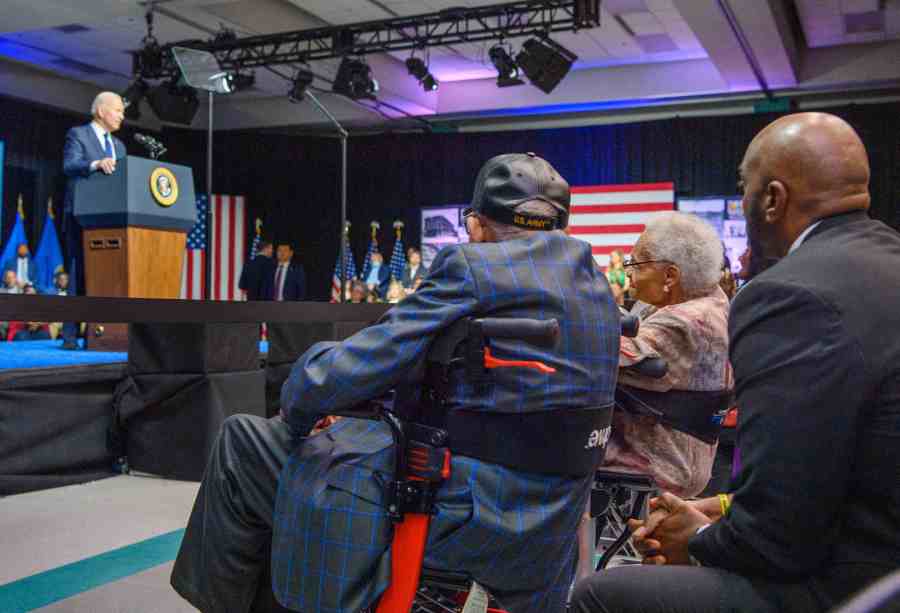
Tulsa race massacre survivors Viola Fletcher (2nd R) and Hughes Van Ellis (3rd R) watch as US President Joe Biden speaks during a commemoration of the 100th anniversary of the Tulsa Race Massacre at the Greenwood Cultural Center in Tulsa, Oklahoma, on June 1, 2021. – US President Joe Biden traveled Tuesday to Oklahoma to honor the victims of a 1921 racial massacre in the city of Tulsa, where African American residents are hoping he will hear their call for financial reparations 100 years on. (Photo by MANDEL NGAN / AFP) (Photo by MANDEL NGAN/AFP via Getty Images) 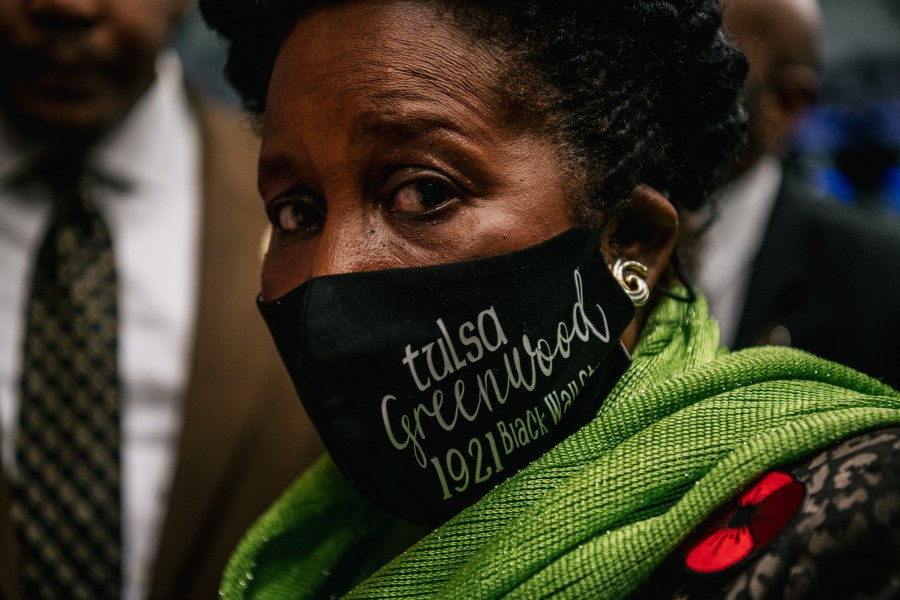
TULSA, OKLAHOMA – JUNE 01: U.S. Rep. Shelia Jackson Lee (D-TX) listens at a rally during commemorations of the 100th anniversary of the Tulsa Race Massacre on June 01, 2021 in Tulsa, Oklahoma. U.S. President Joe Biden stopped in Tulsa to commemorate the centennial of the Tulsa Race Massacre. May 31st of this year marks the centennial of when a white mob started looting, burning and murdering in Tulsa’s Greenwood neighborhood, then known as Black Wall Street, killing up to 300 people and displacing thousands more. Organizations and communities around Tulsa continue to honor and commemorate survivors and community residents. (Photo by Brandon Bell/Getty Images) 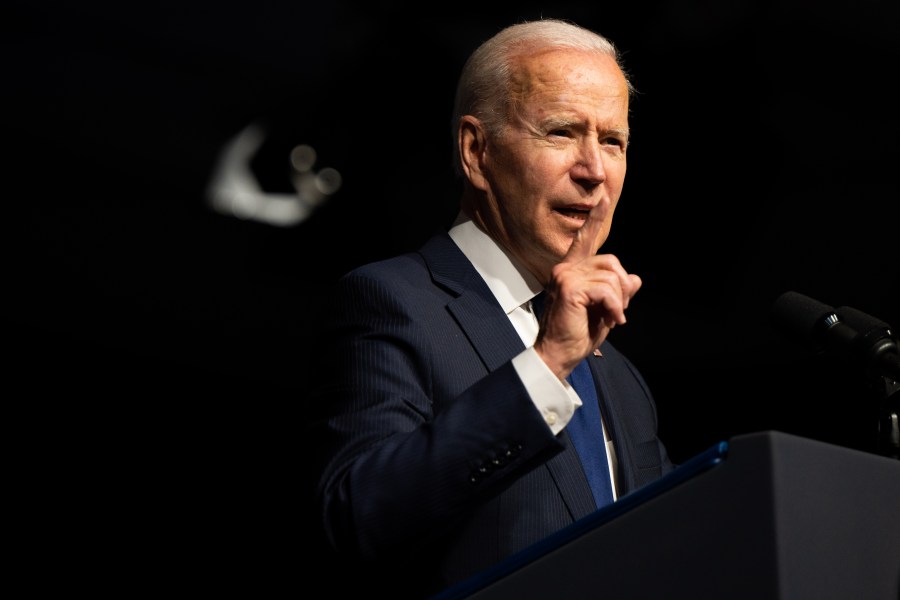
TULSA, OKLAHOMA – JUNE 01: U.S. President Joe Biden speaks at a rally during commemorations of the 100th anniversary of the Tulsa Race Massacre on June 01, 2021 in Tulsa, Oklahoma. President Biden stopped in Tulsa to commemorate the centennial of the Tulsa Race Massacre. May 31st of this year marks the centennial of when a white mob started looting, burning and murdering in Tulsa’s Greenwood neighborhood, then known as Black Wall Street, killing up to 300 people and displacing thousands more. Organizations and communities around Tulsa continue to honor and commemorate survivors and community residents. (Photo by Brandon Bell/Getty Images) 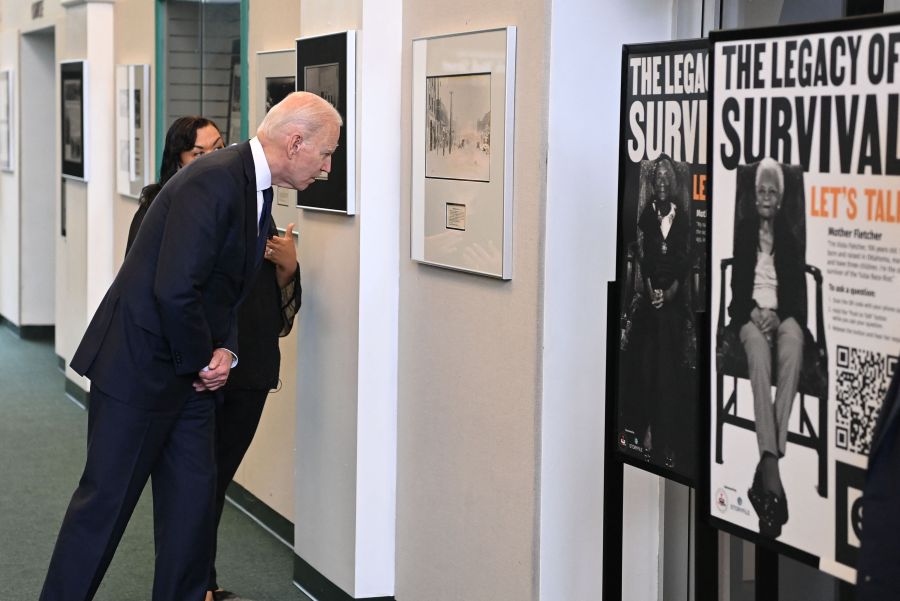
US President Joe Biden listens to Michelle Brown-Burdex (rear), Program Coordinator of the Greenwood Cultural Center, as he tours the Center in Tulsa, Oklahoma on June 1, 2021. – US President Joe Biden traveled Tuesday to Oklahoma to honor the victims of a 1921 racial massacre in the city of Tulsa, where African American residents are hoping he will hear their call for financial reparations 100 years on. (Photo by MANDEL NGAN / AFP) (Photo by MANDEL NGAN/AFP via Getty Images) 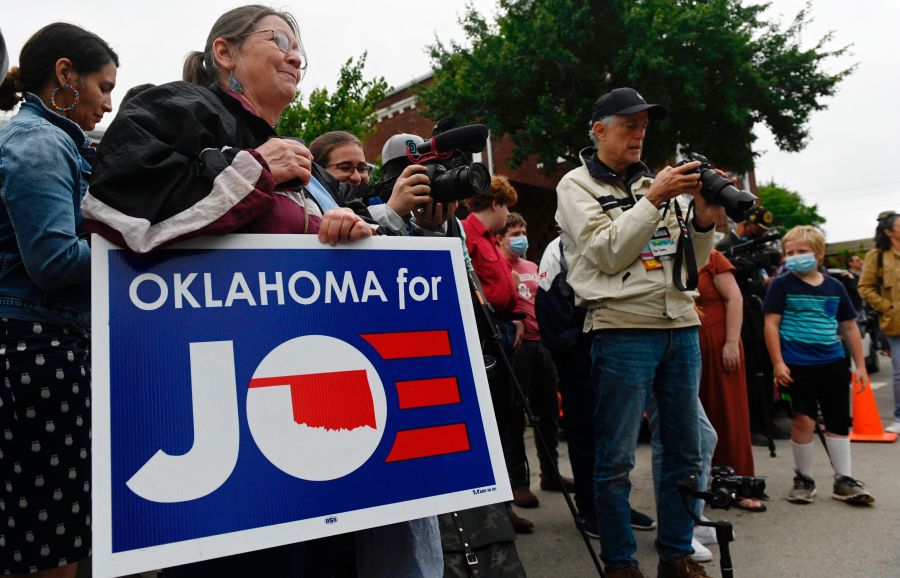
People watch as US President Joe Biden arrives in the Greenwood district on the 100th anniversary of the 1921 Tulsa Massacre in Tulsa, Oklahoma, on June 1, 2021. – US President Joe Biden traveled Tuesday to Oklahoma to honor the victims of a 1921 racial massacre in the city of Tulsa, where African American residents are hoping he will hear their call for financial reparations 100 years on. (Photo by ANDREW CABALLERO-REYNOLDS / AFP) (Photo by ANDREW CABALLERO-REYNOLDS/AFP via Getty Images) 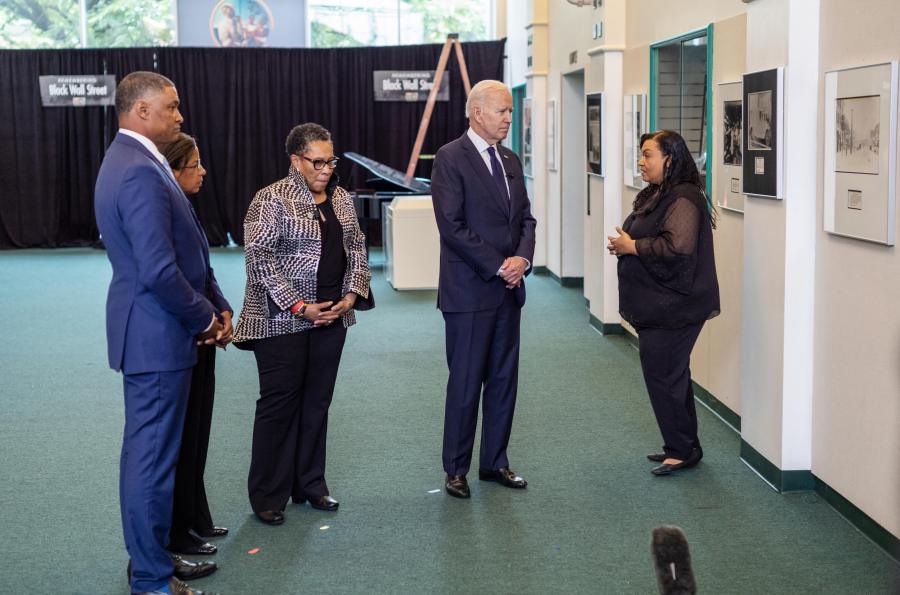
US President Joe Biden (2R), with Urban Development Marcia Fudge (3L), Director of the Domestic Policy Council Susan Rice and Director of the Office of Public Engagement Cedric Richmond (L), listens to Michelle Brown-Burdex (R), Program Coordinator of the Greenwood Cultural Center, as they tour the Center in Tulsa, Oklahoma on June 1, 2021. – US President Joe Biden traveled Tuesday to Oklahoma to honor the victims of a 1921 racial massacre in the city of Tulsa, where African American residents are hoping he will hear their call for financial reparations 100 years on. (Photo by MANDEL NGAN / AFP) (Photo by MANDEL NGAN/AFP via Getty Images) 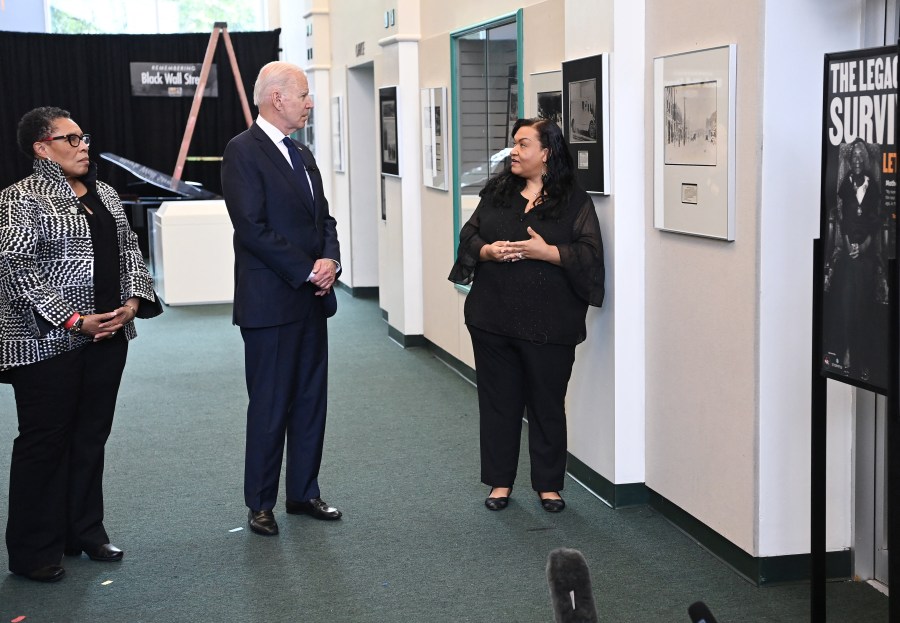
US President Joe Biden (C) and and Urban Development Marcia Fudge (L) listen to Michelle Brown-Burdex, Program Coordinator of the Greenwood Cultural Center, as they tour the Center in Tulsa, Oklahoma on June 1, 2021. – US President Joe Biden traveled Tuesday to Oklahoma to honor the victims of a 1921 racial massacre in the city of Tulsa, where African American residents are hoping he will hear their call for financial reparations 100 years on. (Photo by MANDEL NGAN / AFP) (Photo by MANDEL NGAN/AFP via Getty Images) 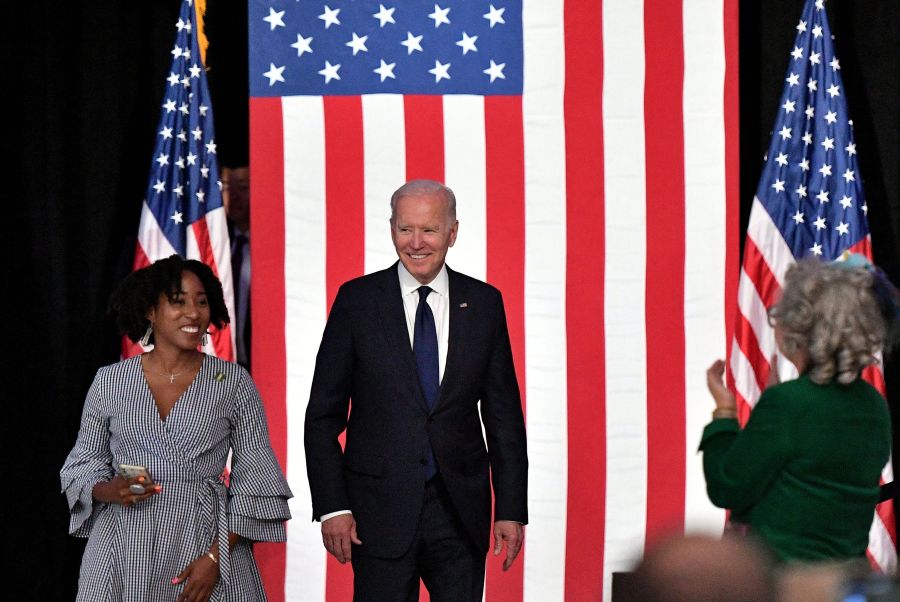
US President Joe Biden arrives to speak on the 100th anniversary of the Tulsa Race Massacre at the Greenwood Cultural Center in Tulsa, Oklahoma on June 1, 2021. – US President Joe Biden traveled Tuesday to Oklahoma to honor the victims of a 1921 racial massacre in the city of Tulsa, where African American residents are hoping he will hear their call for financial reparations 100 years on. (Photo by MANDEL NGAN / AFP) (Photo by MANDEL NGAN/AFP via Getty Images) 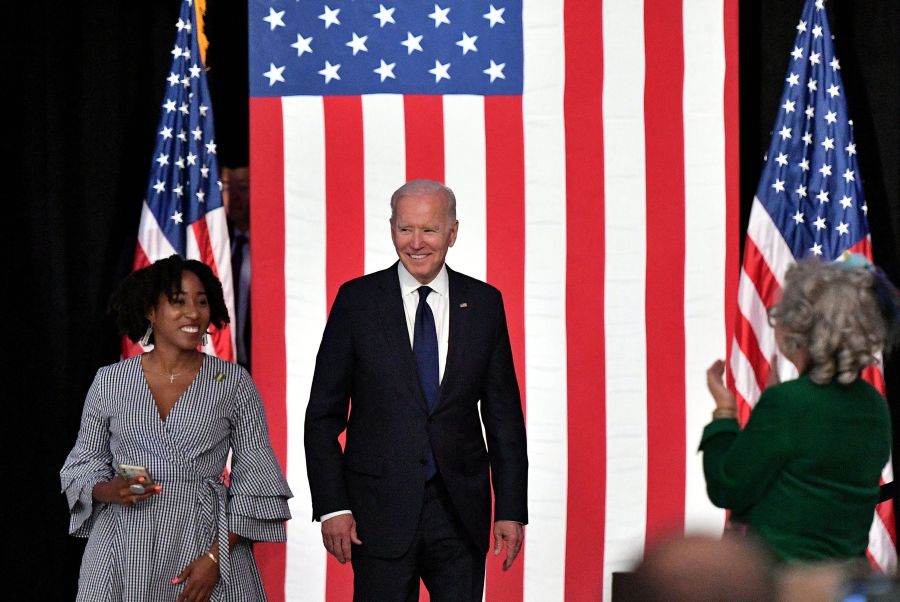
US President Joe Biden arrives to speak on the 100th anniversary of the Tulsa Race Massacre at the Greenwood Cultural Center in Tulsa, Oklahoma on June 1, 2021. – US President Joe Biden traveled Tuesday to Oklahoma to honor the victims of a 1921 racial massacre in the city of Tulsa, where African American residents are hoping he will hear their call for financial reparations 100 years on. (Photo by MANDEL NGAN / AFP) (Photo by MANDEL NGAN/AFP via Getty Images) 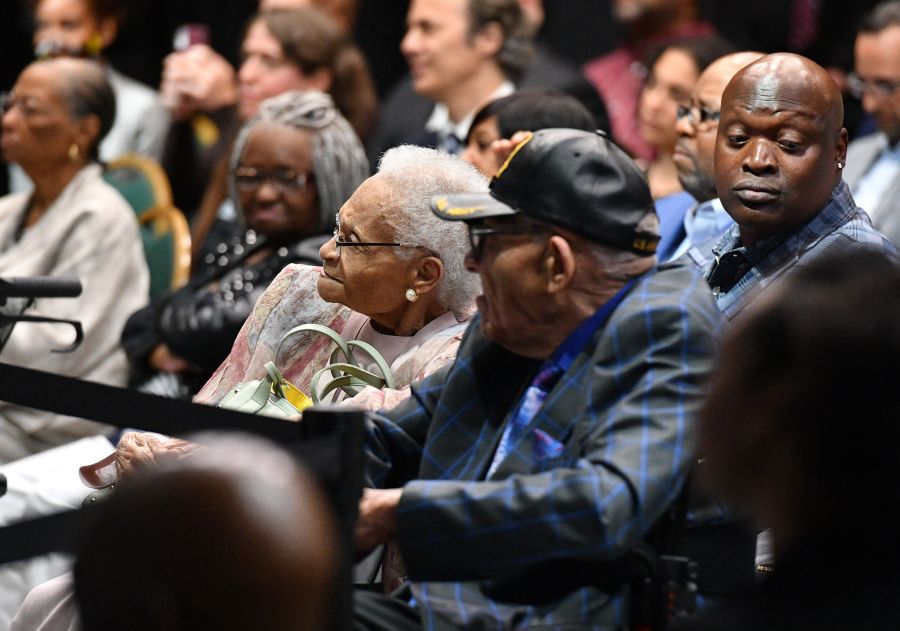
Relatives of survivors listen to US President Joe Biden as he speaks on the 100th anniversary of the Tulsa Race Massacre at the Greenwood Cultural Center in Tulsa, Oklahoma on June 1, 2021. – US President Joe Biden traveled Tuesday to Oklahoma to honor the victims of a 1921 racial massacre in the city of Tulsa, where African American residents are hoping he will hear their call for financial reparations 100 years on. (Photo by MANDEL NGAN / AFP) (Photo by MANDEL NGAN/AFP via Getty Images) 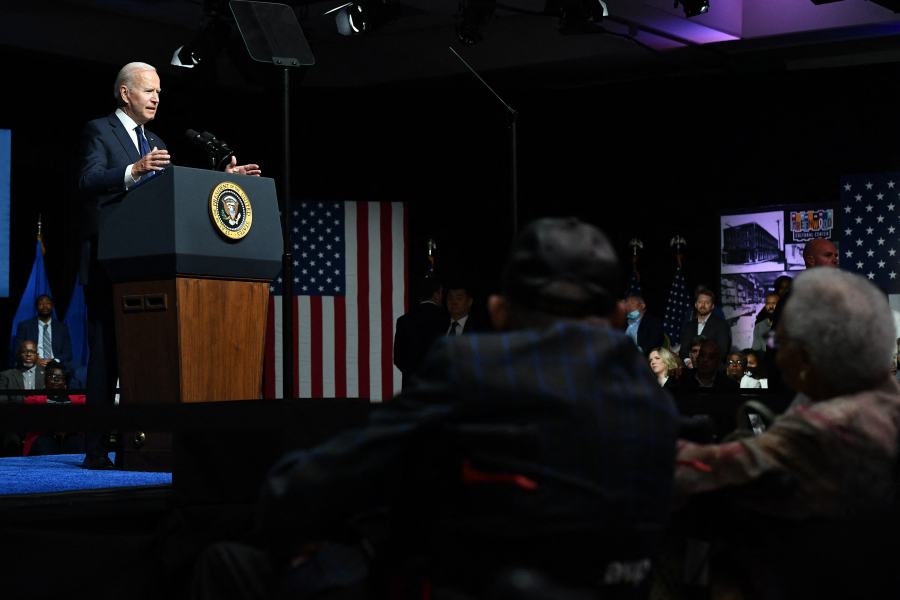
US President Joe Biden speaks during a commemoration of the 100th anniversary of the Tulsa Race Massacre at the Greenwood Cultural Center in Tulsa, Oklahoma, on June 1, 2021. – US President Joe Biden traveled Tuesday to Oklahoma to honor the victims of a 1921 racial massacre in the city of Tulsa, where African American residents are hoping he will hear their call for financial reparations 100 years on. (Photo by MANDEL NGAN / AFP) (Photo by MANDEL NGAN/AFP via Getty Images) 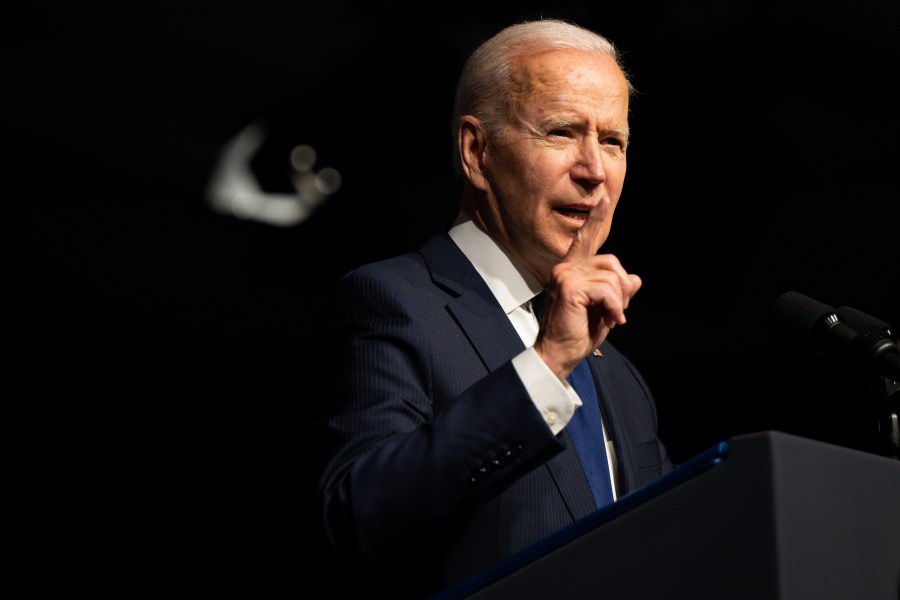
TULSA, OKLAHOMA – JUNE 01: U.S. President Joe Biden speaks at a rally during commemorations of the 100th anniversary of the Tulsa Race Massacre on June 01, 2021 in Tulsa, Oklahoma. President Biden stopped in Tulsa to commemorate the centennial of the Tulsa Race Massacre. May 31st of this year marks the centennial of when a white mob started looting, burning and murdering in Tulsa’s Greenwood neighborhood, then known as Black Wall Street, killing up to 300 people and displacing thousands more. Organizations and communities around Tulsa continue to honor and commemorate survivors and community residents. (Photo by Brandon Bell/Getty Images)
At the beginning of his remarks, President Biden quoted 1 Corinthians 13:12.
For now we see in a mirror dimly, but then face to face; now I know in part, but then I will know fully.
1 Corinthians 13:12
He then acknowledged the three remaining survivors of the Tulsa Race Massacre, telling them directly, “You are the three survivors of a story seen in the mirror dimly. But no longer. Now your story will be seen in full view.”
Biden also says he is the first President to ever visit Tulsa.
“I say that not as a compliment about me, but to think about it. 100 years and the first president to be here during that entire time,” said Biden.
He went on to say, “For much too long, the history was told in silence, cloaked in darkness, but just because history is silent, it doesn’t mean it did not take place and while darkness can hide much, it erases nothing. Some injustices are so heinous, so horrific, so grievous, they can’t be buried, no matter how hard people try, and so it is here – only with truth can come healing and justice and repair, only with truth. But that isn’t enough. First we have to see, hear, and give respect to Mother Randall, Mother Fletcher, and Mr. Van Ellis.”
“For much too long, the history of what took place here was told in silence, cloaked in darkness. But just because history is silent, it doesn’t mean that it did not take place. And while darkness can hide much, it erases nothing, it erases noting.”
President Joe Biden
Biden then gave a recount of the Greenwood District and Black Wall Street, as well as the violent and deliberate erasure of the community by white residents and officials.
“Yet no arrest of the mob were made. None. No proper accounting of the dead. The death toll records officially said 36 people. That’s all. Based on studies, records and accounts, the likelihood is in the multiple of hundreds. Untold bodies dumped in graves, families waiting for hours and days to know the fate of their loved ones are now descendants who have gone 100 years without closure,” said Biden.
“My fellow Americans, this was not a riot. This was a massacre.”
President Joe Biden
“There’s greater recognition that for too long we’ve allowed a narrowed, cramped view of the promise of this nation to fester. A view to some that there’s only one winner. If you succeed, I fail. If you get ahead, I fall behind. If you get a job, I lose mine – and maybe worst of all, if I hold you down, I lift myself up. Instead of… if you do well, we all do well. We see that in Greenwood. This story isn’t about the loss of life, but a loss of living, of wealth, prosperity that still reverberates today,” continued Biden.
He then announced “two expanding efforts targeted towards black wealth creation.”
This includes equal housing opportunities and increasing the percent of tax dollars spent on supporting small black and brown businesses.
Biden then ended his speech with words of thanks to the survivors and descendants of the Tulsa Race Massacre.
In the end, Biden again shared a quote. This time from Irish poet, Seamus Heaney.
“History teaches us not to hope on this side of the grave but then once in a lifetime that long tidal wave of justice rises up and hope and history rhyme.“
‘The Cure at Troy‘ by Seamus Heaney
Following the quote, President Biden had just one thing left to say, “Lets make it rhyme.”


















